If you come from La Laguna, a small city (village, really) in the north of Tenerife, it’s one of those places where you are bound to bump into someone you know every time you go out for a cup of cafe con leche or a walk around the shops.
(It’s about the only comparison there is to my hometown of North Tonawanda.)
One of those times, the person we bumped into asked if it was my first visit to Tenerife.
I said it was my second and Jorge said, “But there will be many more. She’s tied to it now!”
Which is fine by me. I can definitely think of worse places to be tied to.
This visit over Christmas was much different from my first, which was in July 2012.
Then, it was hot (sometimes too hot).
We sat around the garden a lot in July, ate watermelon and gazpacho and enjoyed giant strong gin and tonics with peppercorns under sun umbrellas.
That time, we drove around much of the island so that I could explore this place that I knew of mainly as somewhere British people go to roast in sunny resorts and seek out restaurants that serve fish and chips.
But, as I wrote about before, that’s the superficial surface of Tenerife.
And the majority of that type of tourism takes place in the south.
It’s never fair to jump to conclusions about anything until you experience it yourself.
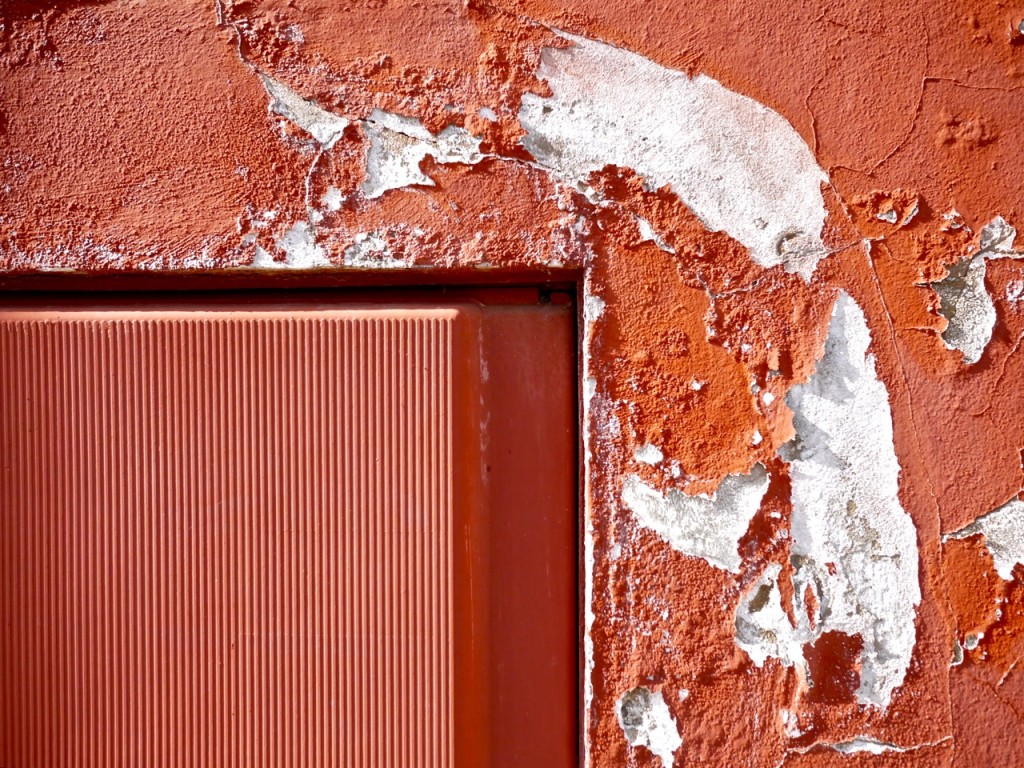
Beyond that, it’s a lot different.
Being engaged to a local islander means I get to find out what it’s really like beyond that stereotype (my favourite type of travel) and meet other people who call the Canaries home – even if many of them live abroad now.
And, despite the poor economy of Spain in general, it’s a pretty inspiring place.
I even experienced a planned visit to the dentist.
At home, this would not be an exciting adventure, but there, even that was interesting because I was constantly comparing and contrasting what was happening with what I was used to.
We flew out of London Gatwick on Christmas Eve, the day of the power failure that cancelled so many flights and sadly ruined so many people’s Christmas plans.
Luckily, ours was not one of them.
We had only a five-hour delay.
Our bags, however, would not arrive until the evening of the 26th, so we crammed as much underwear and other essentials in the hand luggage as possible.
The presents would have to wait.
While we missed Christmas dinner (which traditionally happens on Christmas Eve in Spain), everyone waited around for us to arrive and there was plenty of homemade wine to follow the delicious food.
On Christmas day, after opening a few presents, we took a drive up through the forest around the base of the volcano, El Teide.
The ares is an UNESCO World Heritage Site. The volcano itself was, majestically, covered in snow (snow on Christmas after all!), though unfortunately closed so we couldn’t drive all the way up this time.
The volcano is a symbol of the island, one that I imagine that seeing a photo of invokes a bit of homesickness in those who have left. It’s the highest point in Spain and you can see it from many places on the island and from other islands in the Canaries as well.
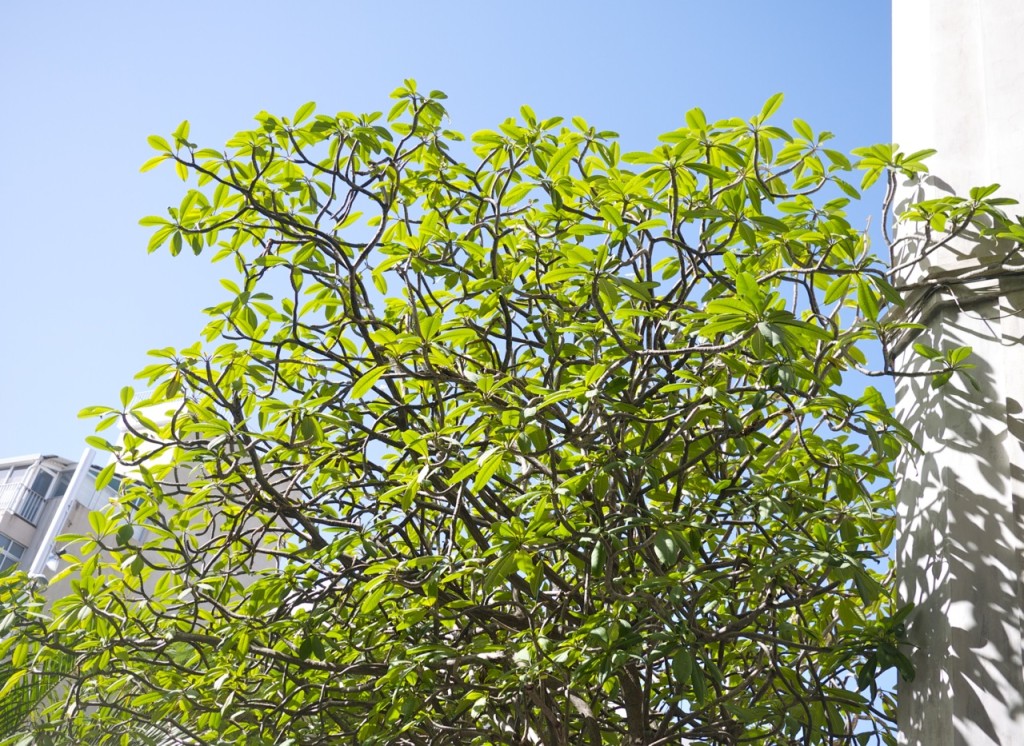
It is actually the third highest volcano in the world, after two that are in Hawaii. El Teide is stunning experience, especially the smell of pine and eucalyptus and the drive straight up through the clouds.
Jorge always says his favourite thing about Tenerife is the light, and I couldn’t agree more, especially as I write this from the depths of a cold and dark Winter evening in my London flat.
The blue skies over the island are striking and the brightness uplifting.
Tenerife sees an average of 2,670 hours of sun per year, while in London it’s half, clocking in at an average of 1,359. That’s twice as much vitamin D.
It doesn’t mean it’s always warm though. Believe it or not, many days we wore Winter coats and most nights, we sat around a wonderful blazing fireplace, one evening spent carefully turning the faded pages of a delicate photo album.
Despite the relative cold, the best part about travel, for me, is just walking around.
I love poking my nose down quiet side streets.
I love watching people go about their daily lives.
I love the rough peeling paint that covers many of the walls and I’m fascinated by the idea of so many stories that are left behind in the abandoned buildings.
There’s a lot of horrible graffiti tags scrawled everywhere but some real talent as well.
My favourite was a turtle inside a covered shopping walkway.
Wherever you go, there seem to be wonderful aromas: wild jasmine flowers on the side of the road, the meaty scent of jamón wafting from a freshly carved leg in a shop, the sweet scent of bakeries and, the best of all: fresh air.
We spent a few hours in Santa Cruz, the capital of Tenerife and of the entire Canary Islands where we saw a series of knitted trees.
There were quite a few around.
They’re an example of the quirky little things I love to stumble on.
What I enjoyed most besides the light (and the exploring and the smells and the food), though, was the warmth of the people I met (some for the second or third time) and they way I felt so welcome despite the language barrier in some cases (which hopefully won’t exist for too much longer).
When it came time to board the plane back to the UK, I wasn’t quite ready to leave the sunshine behind.
We flew just as the evening sky filled with deep streaks of yellow and orange, highlighting the silhouette of El Teide in the background.
I looked out the window, not so happy it went by so quickly but happy in the thought that I’m tied to this island now so that view won’t be my last.

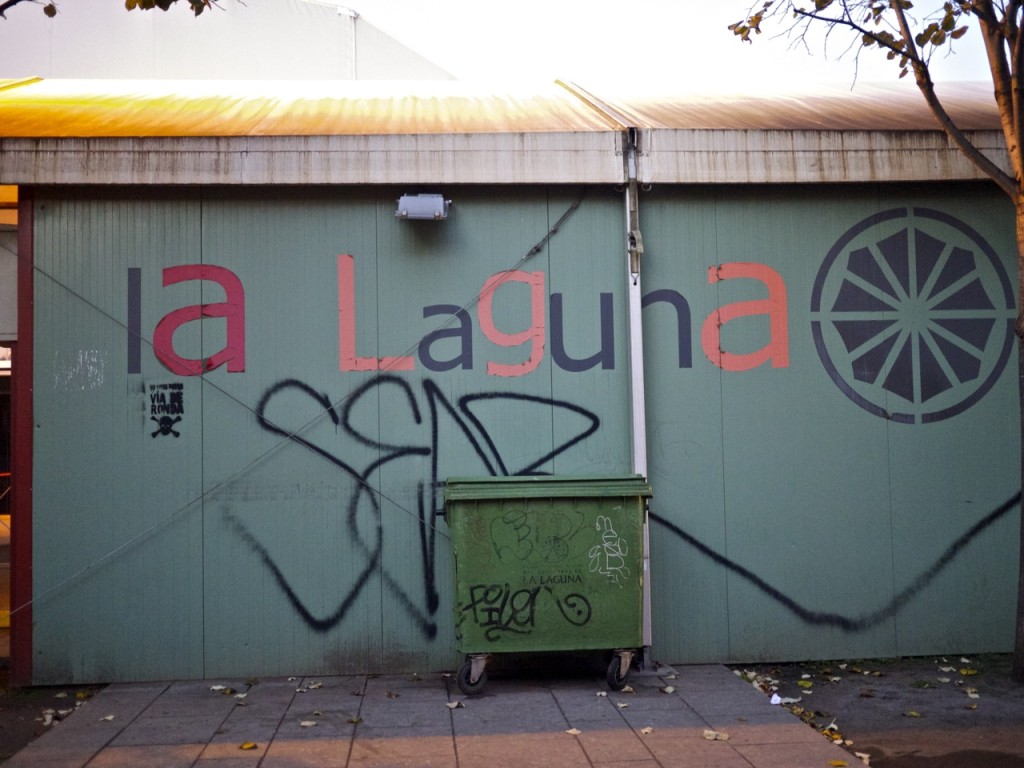
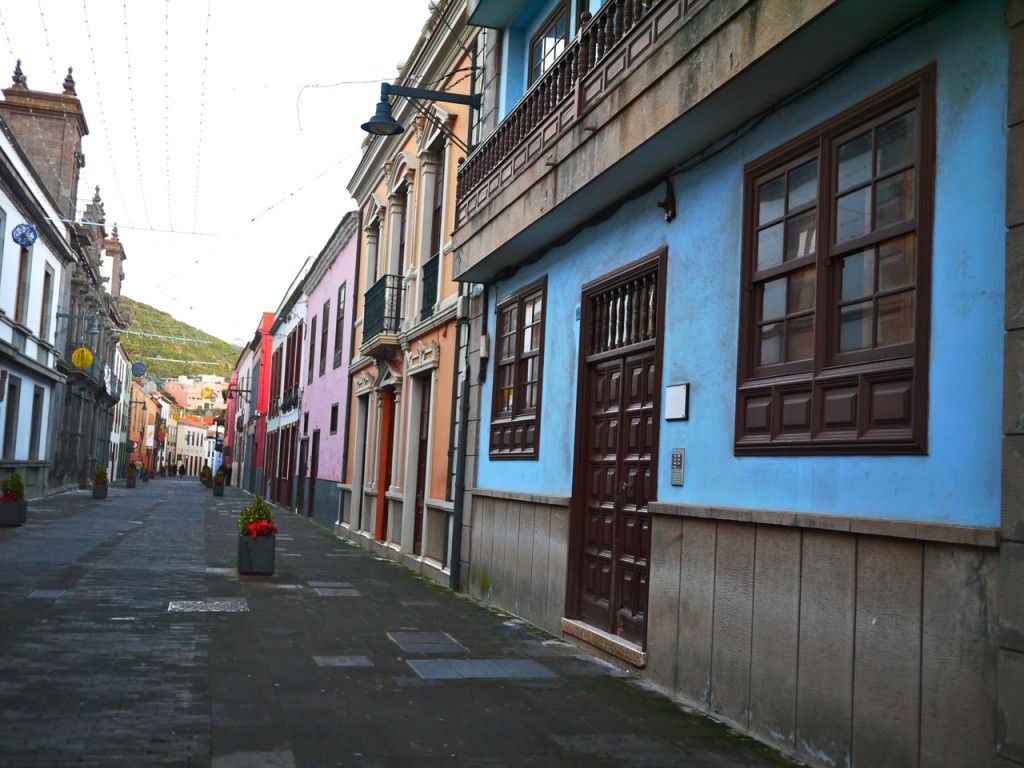
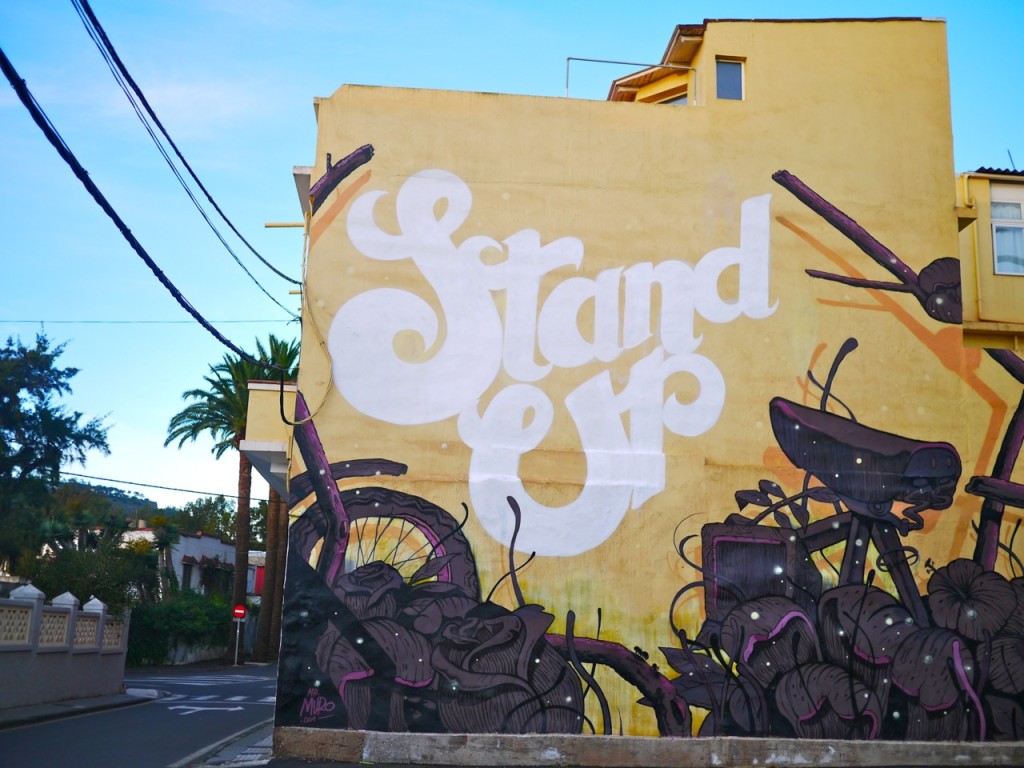
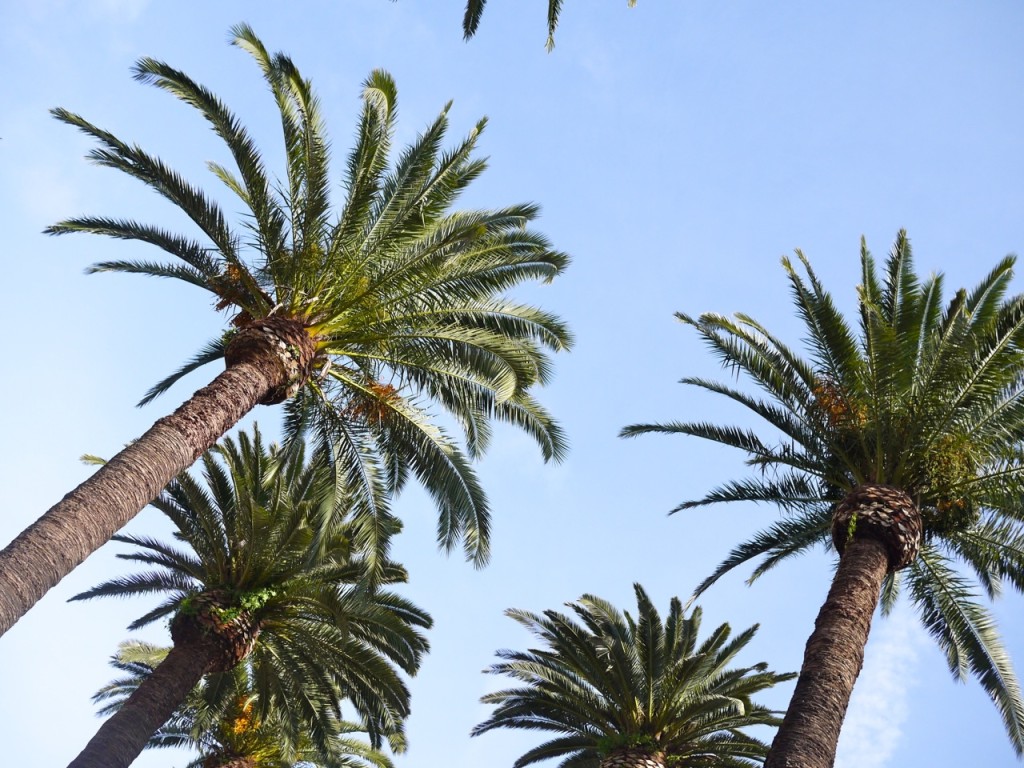
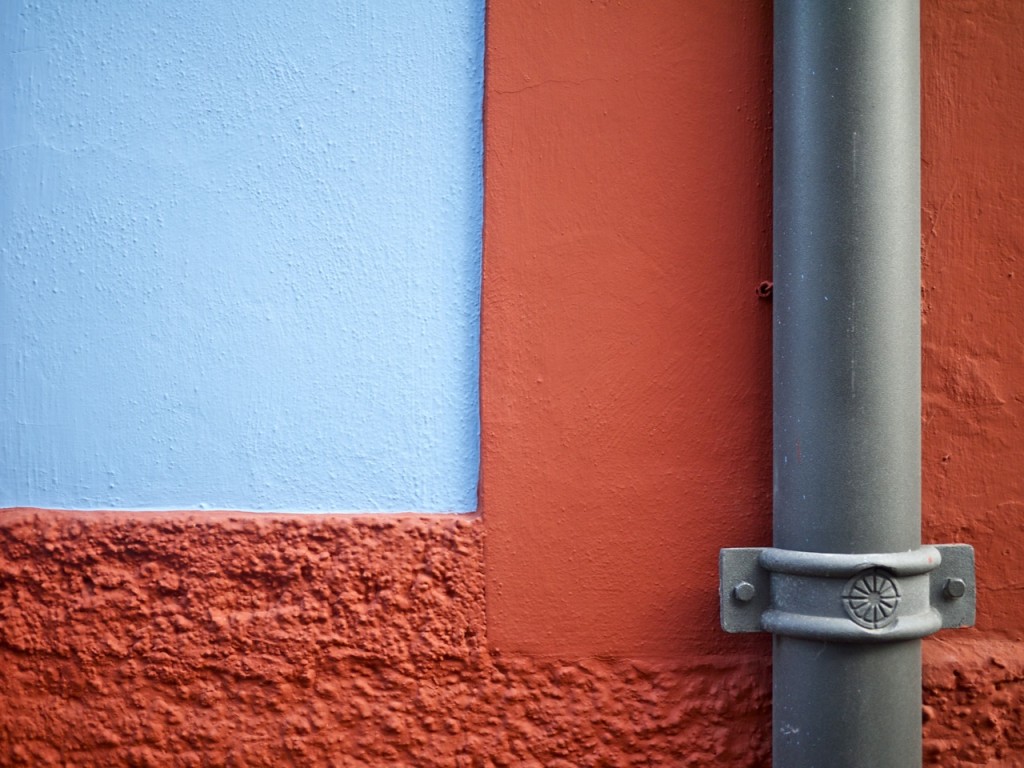
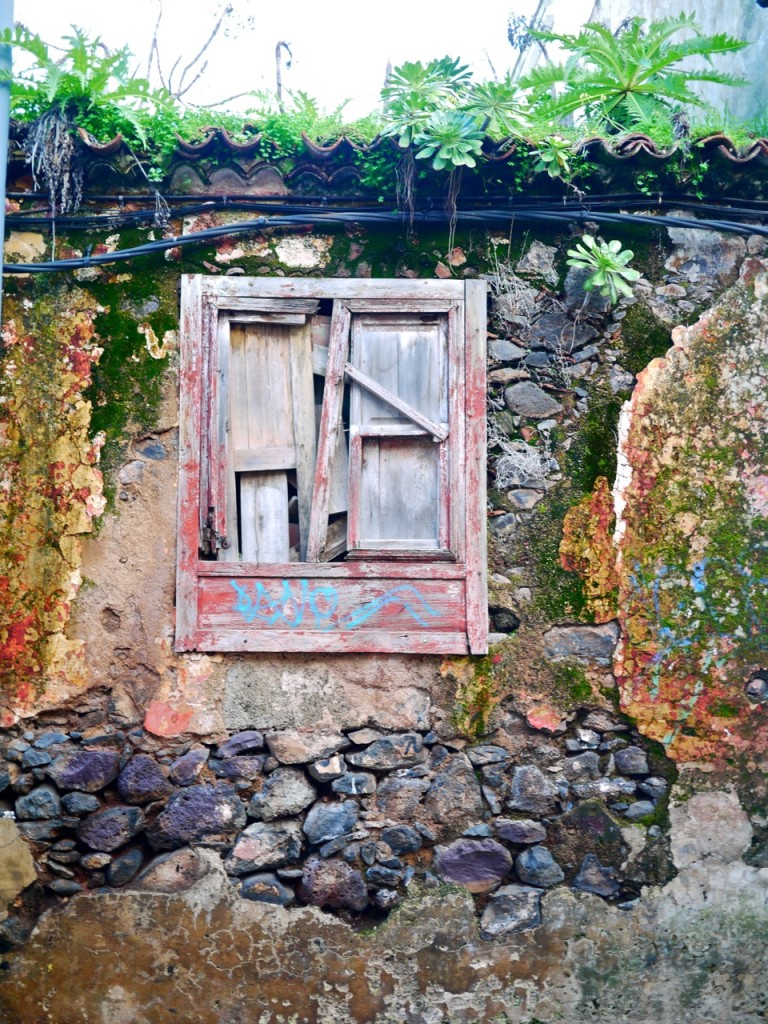
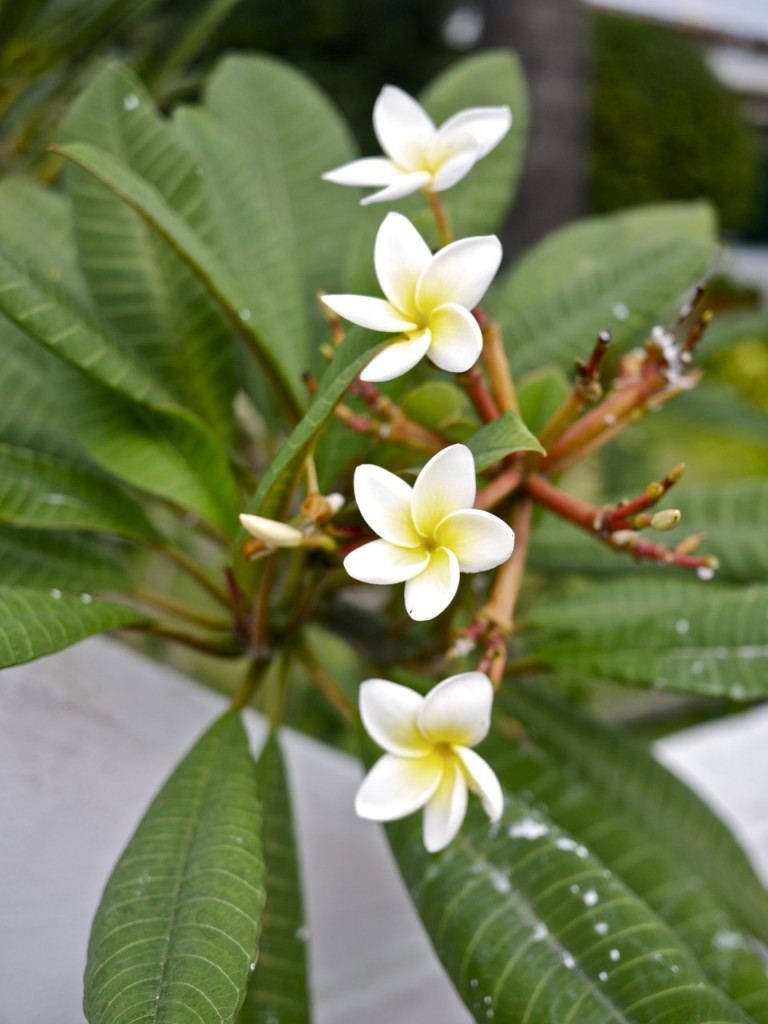
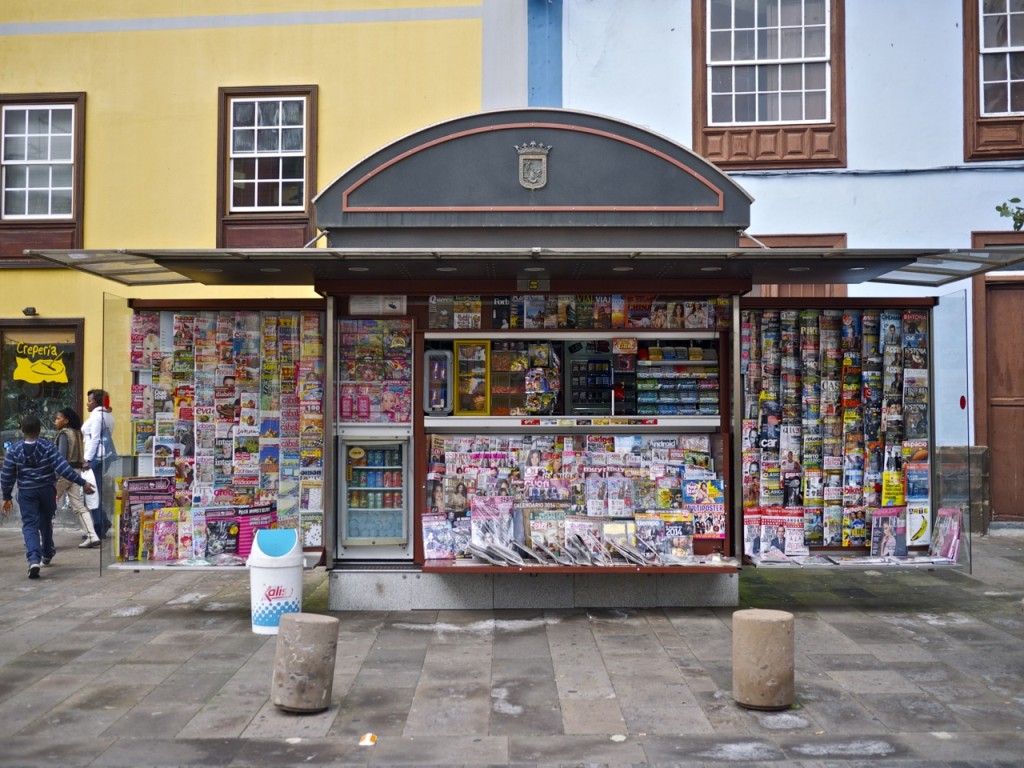
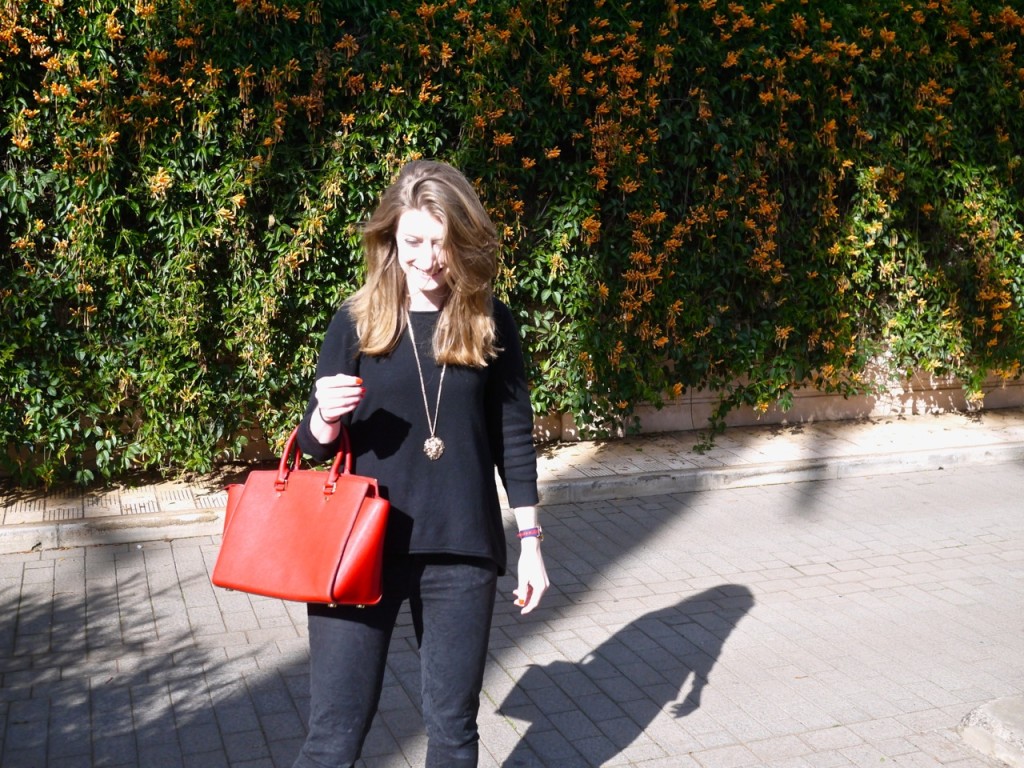
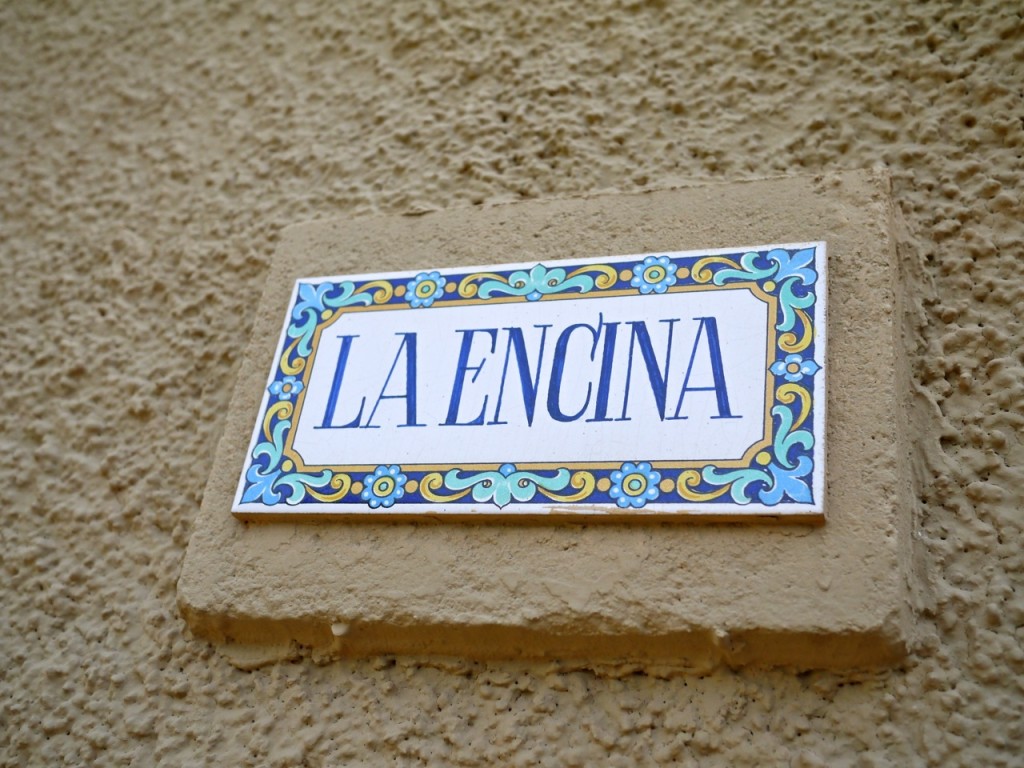
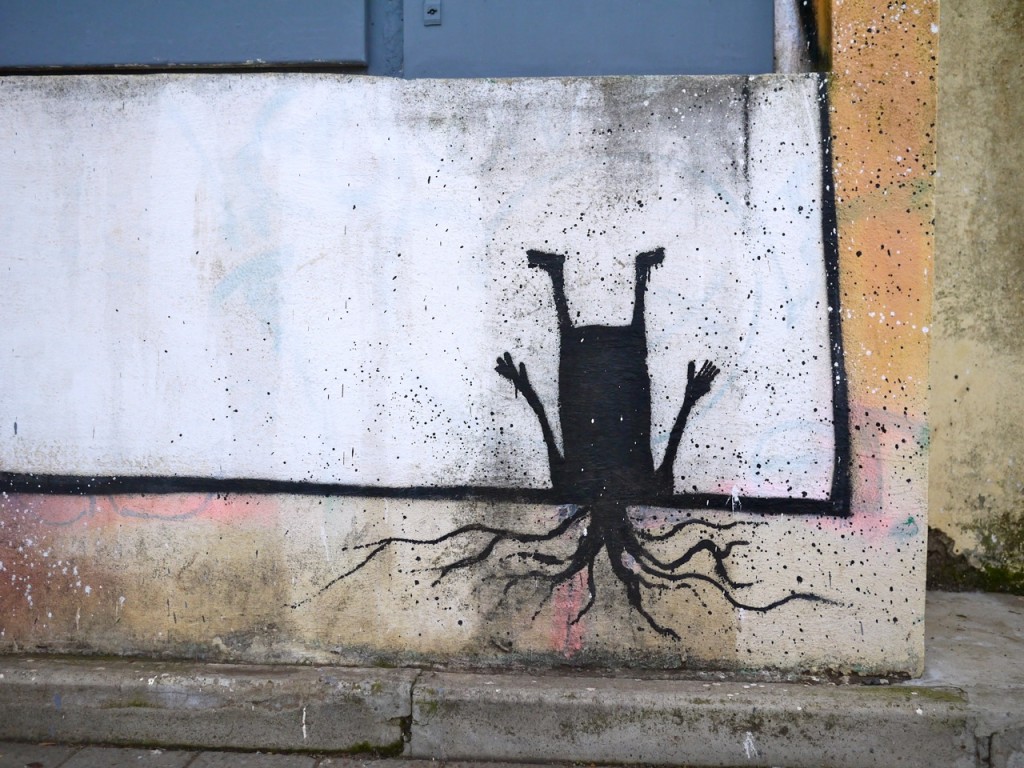
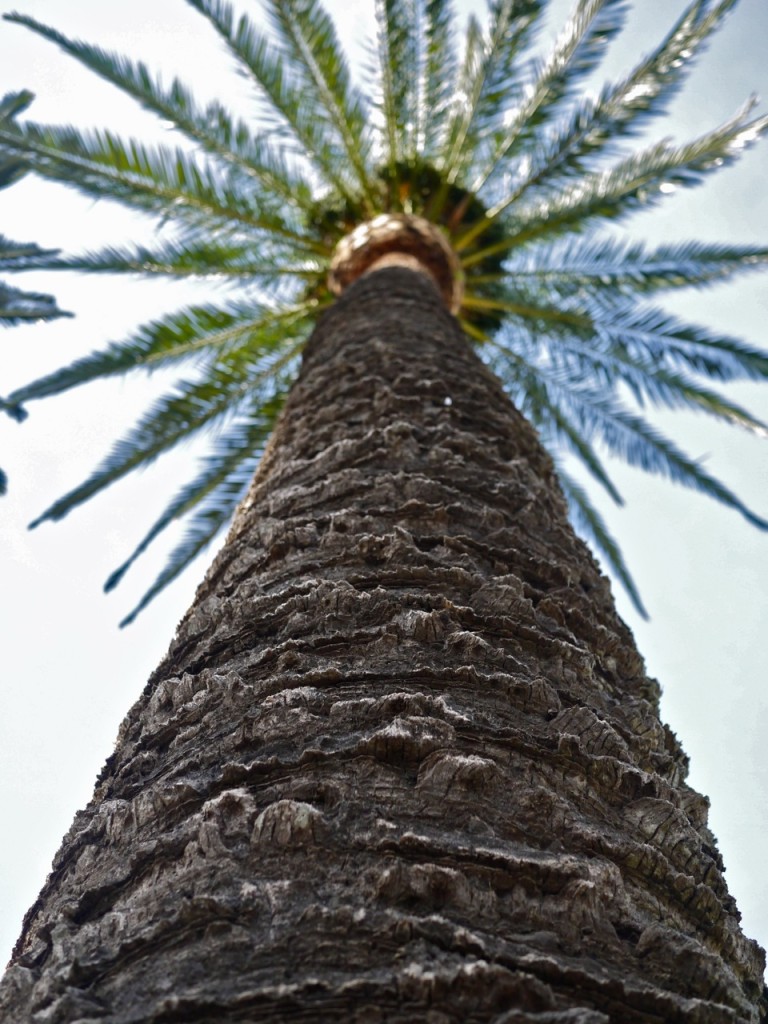
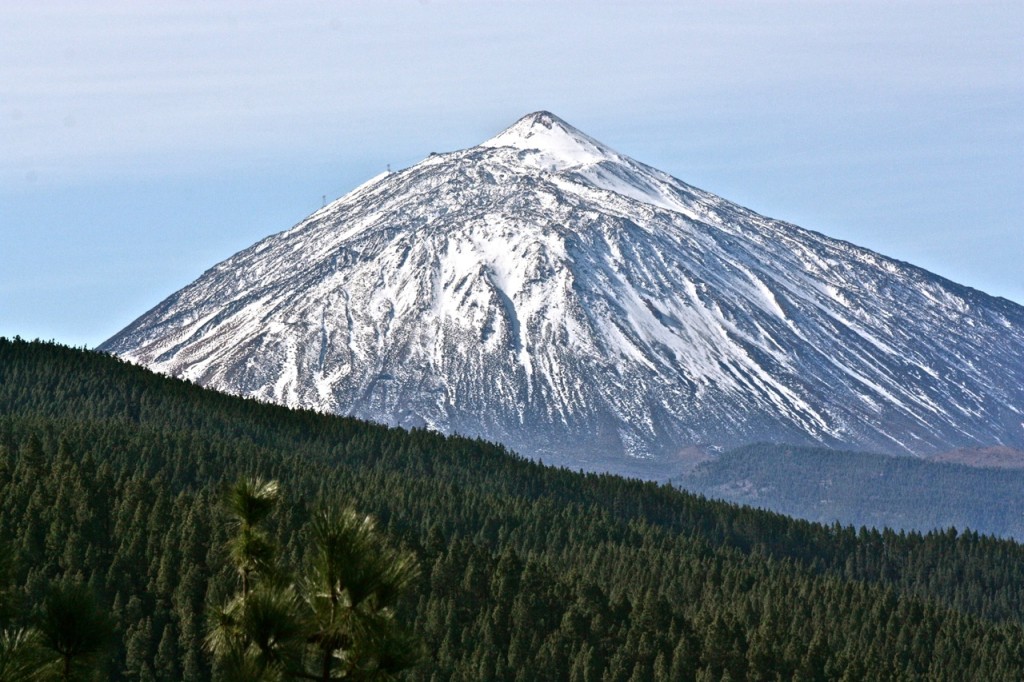
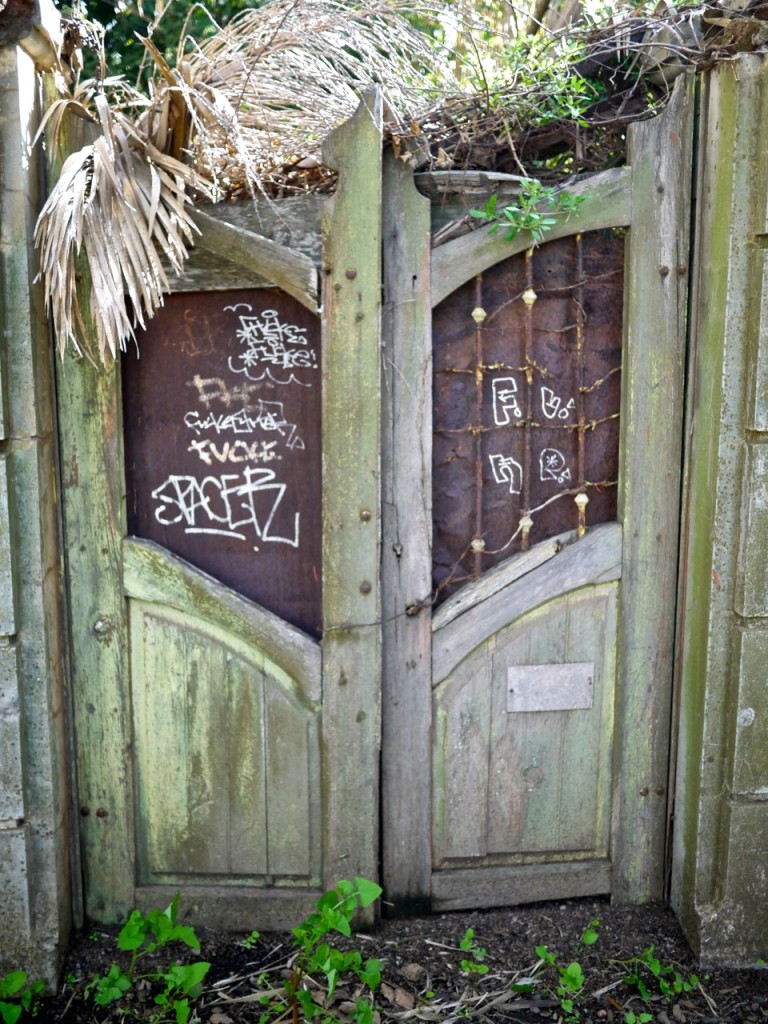
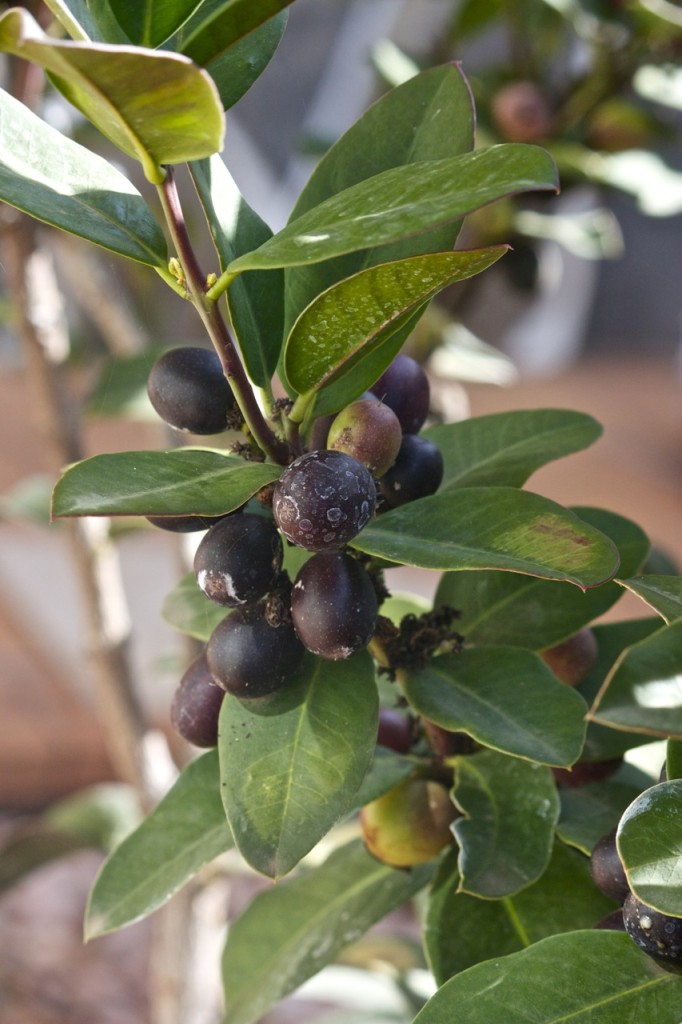
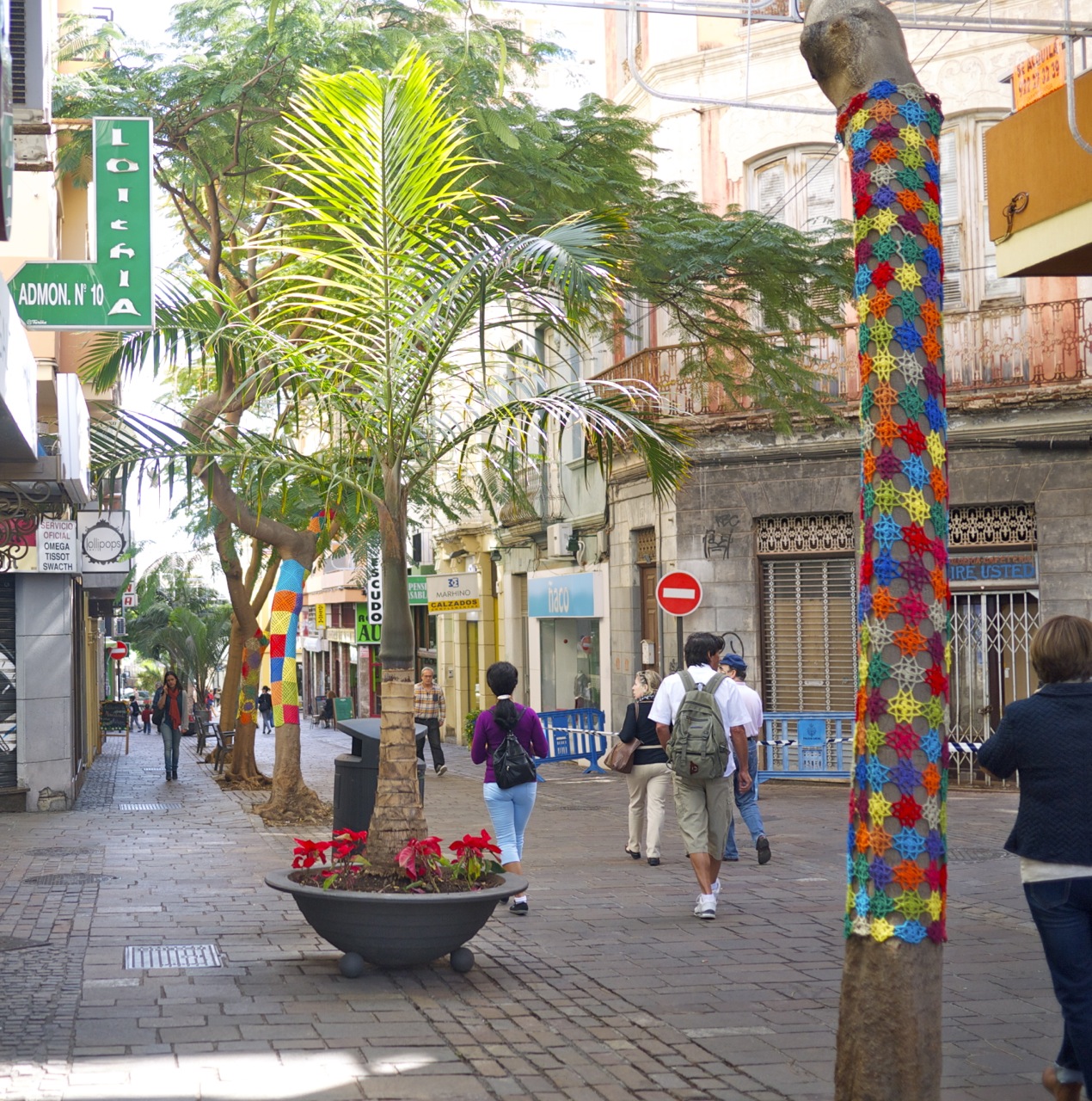
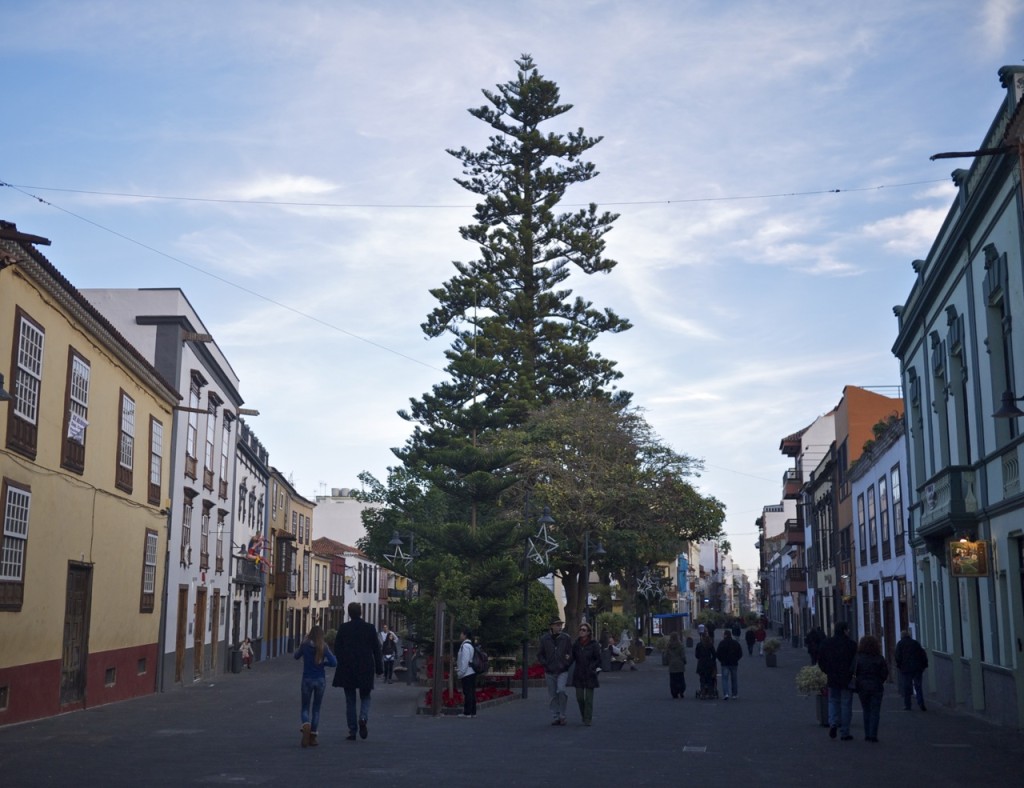
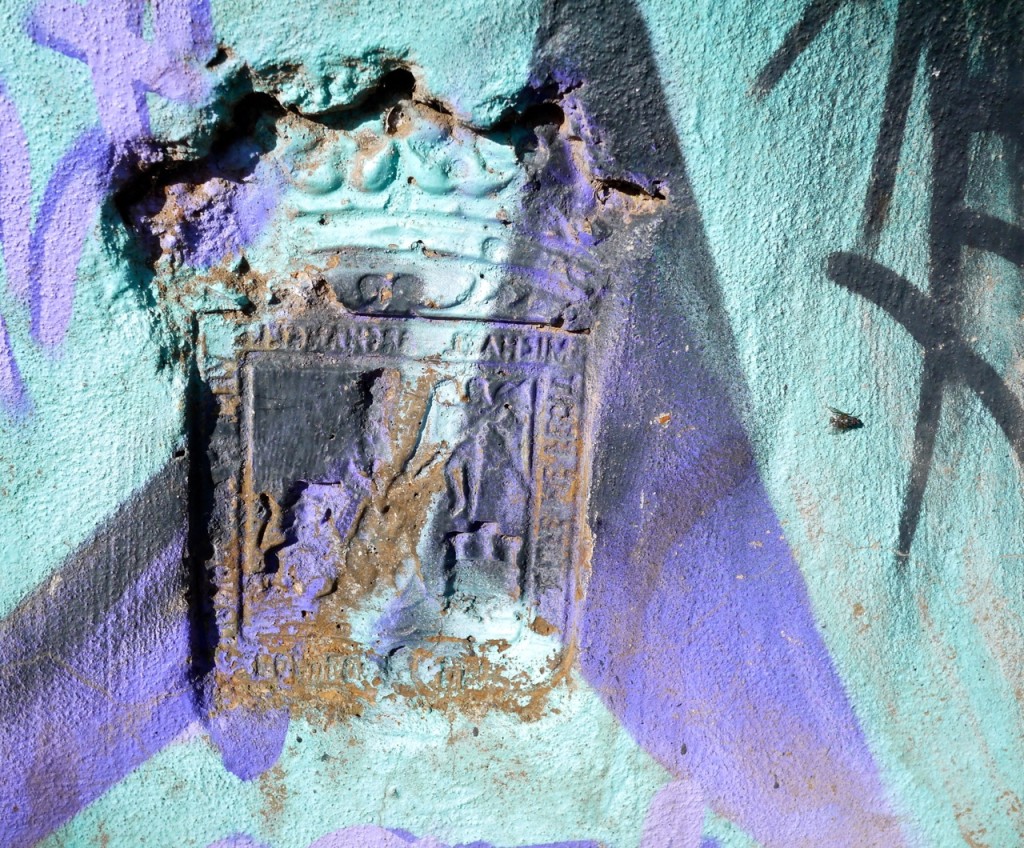
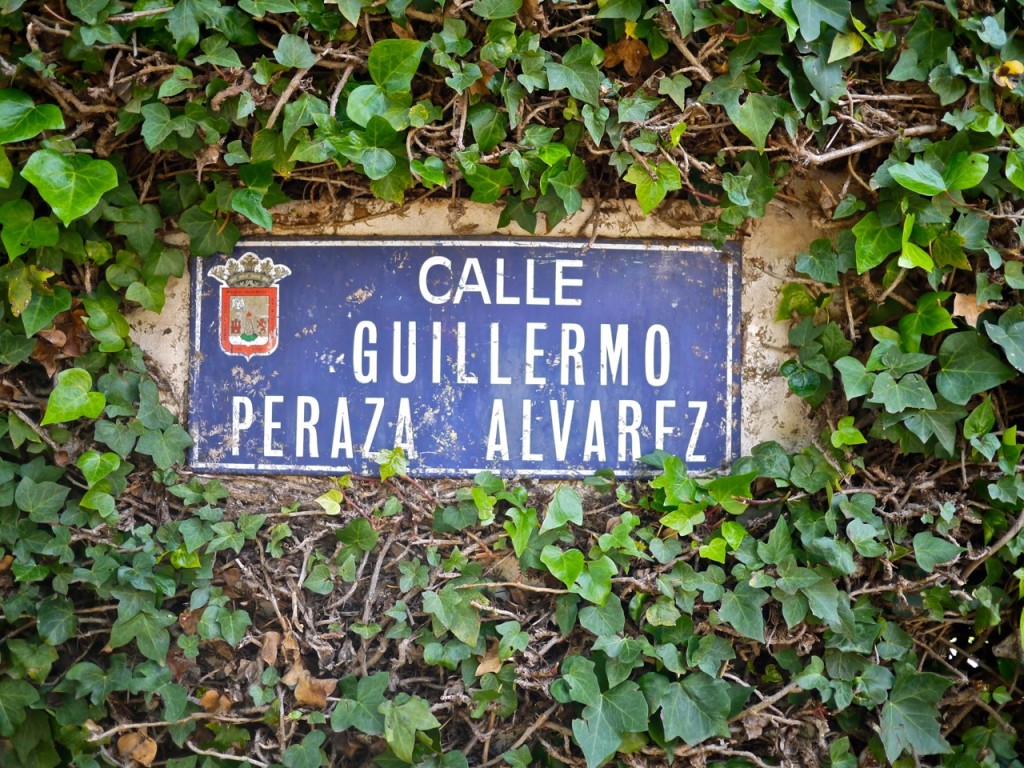
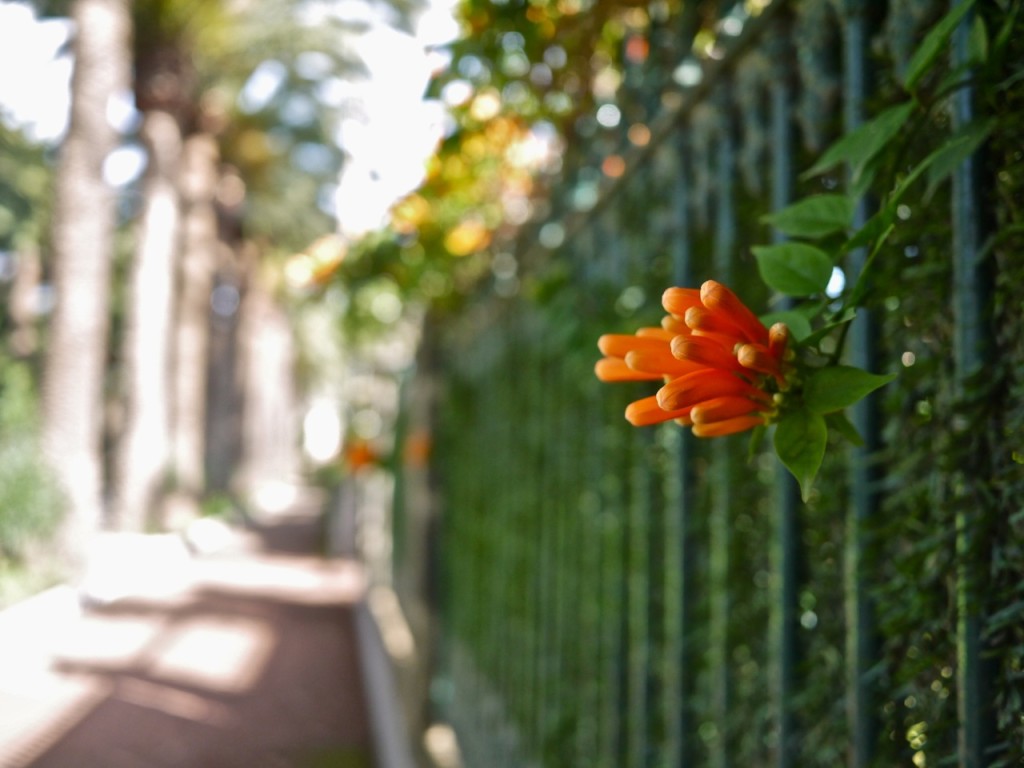
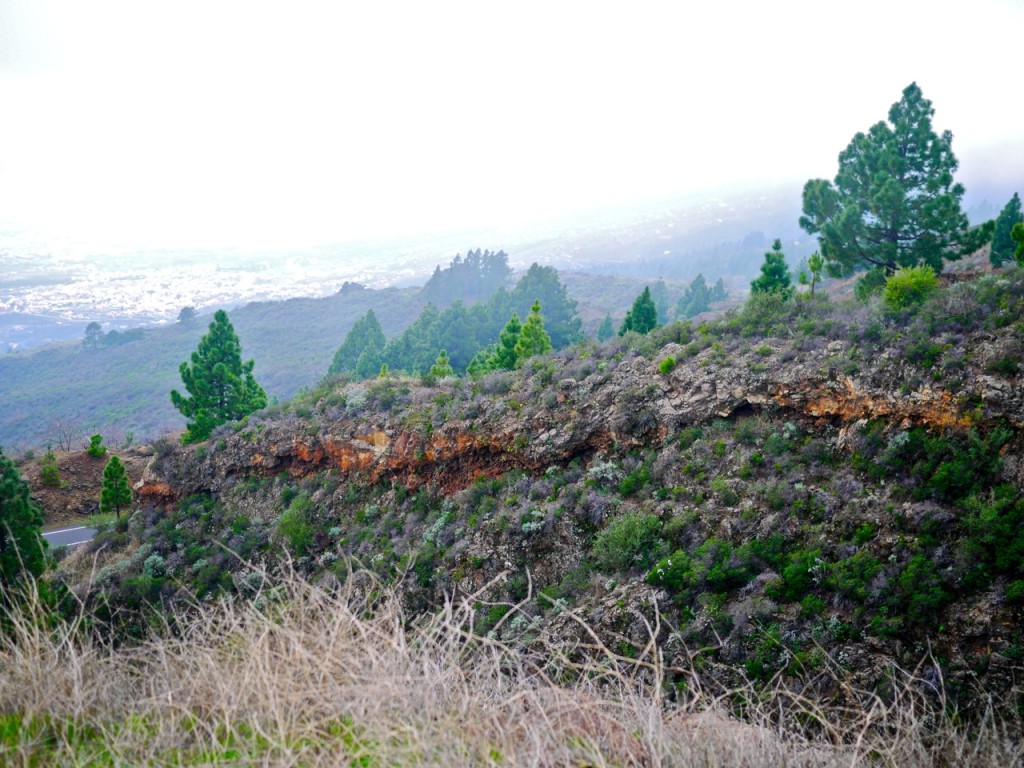
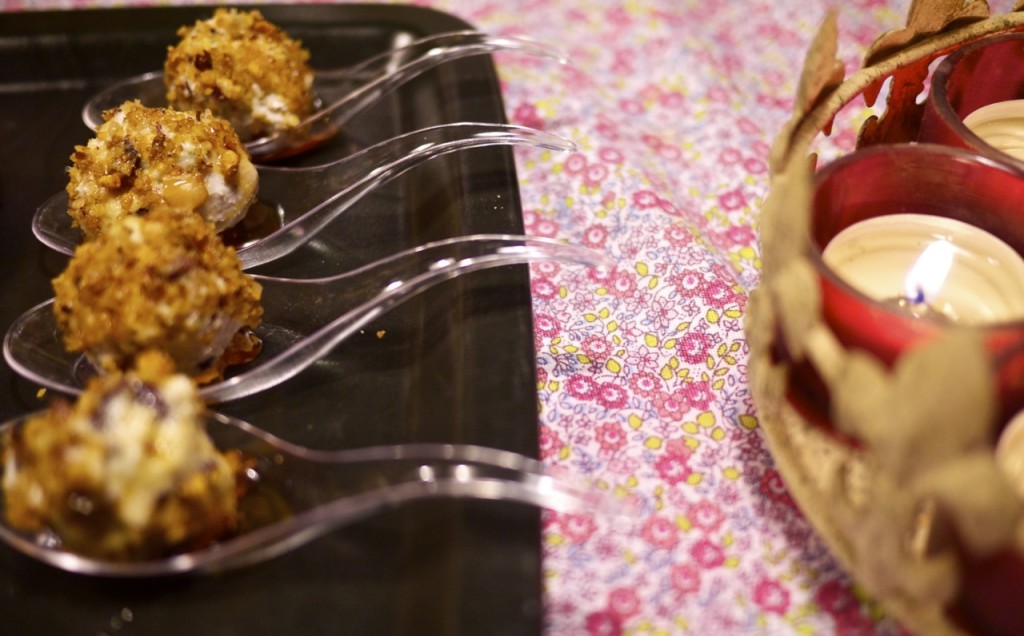
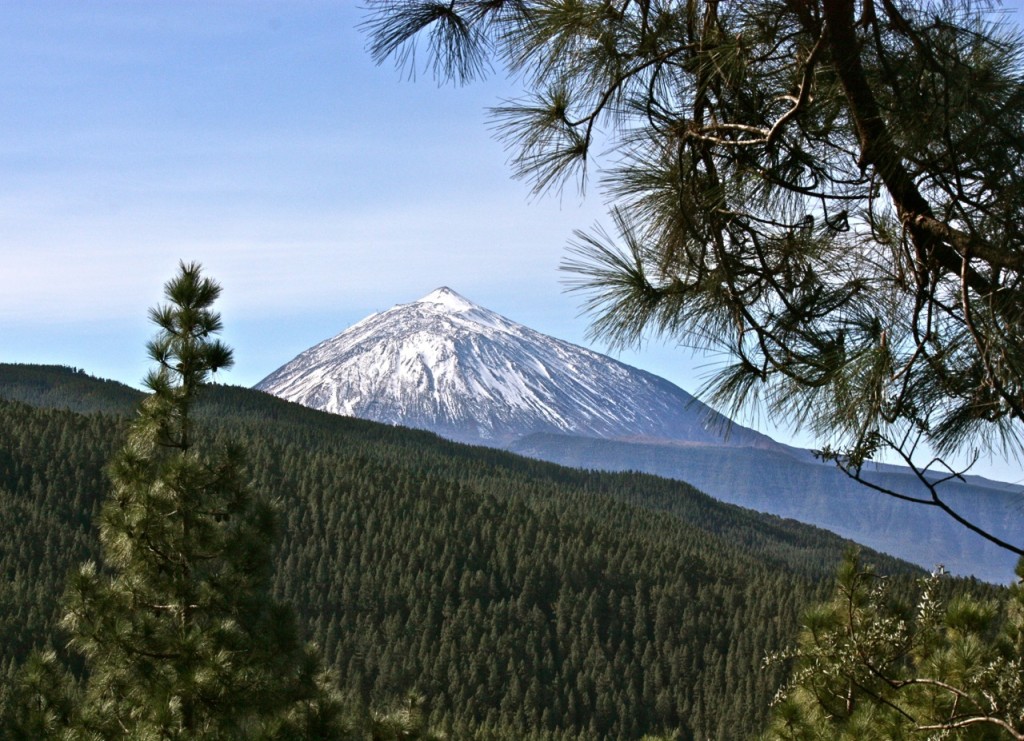
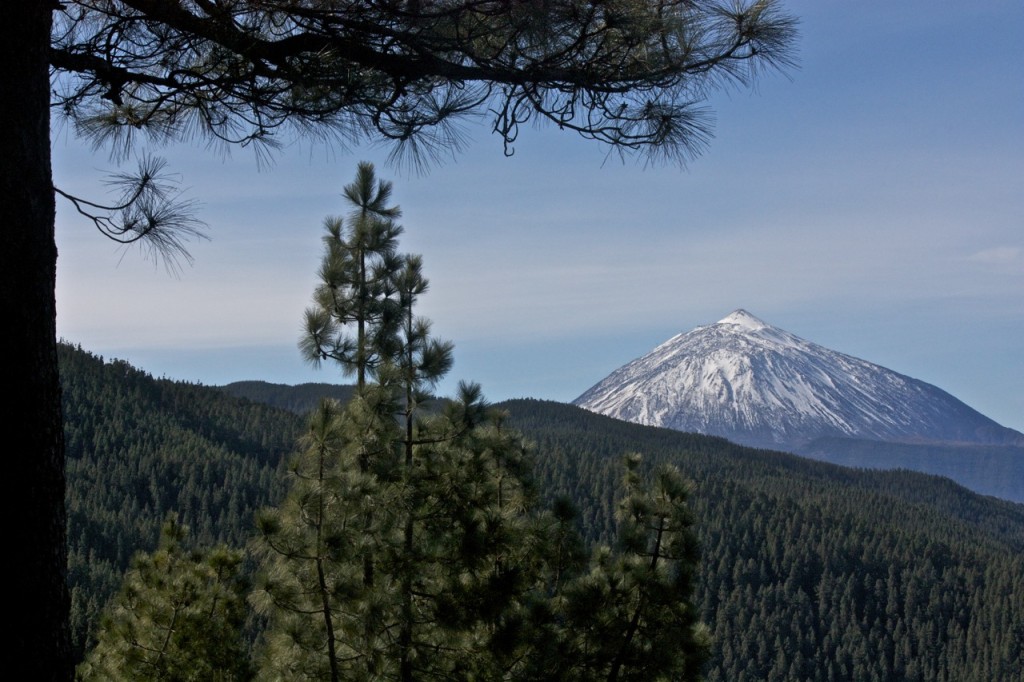
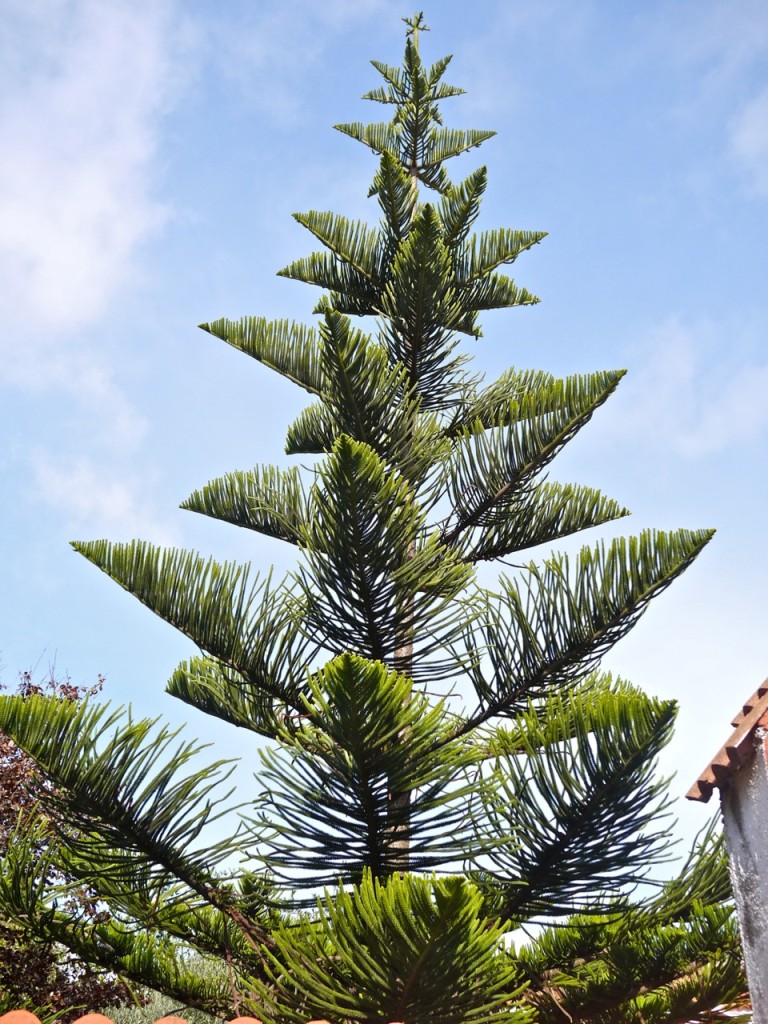
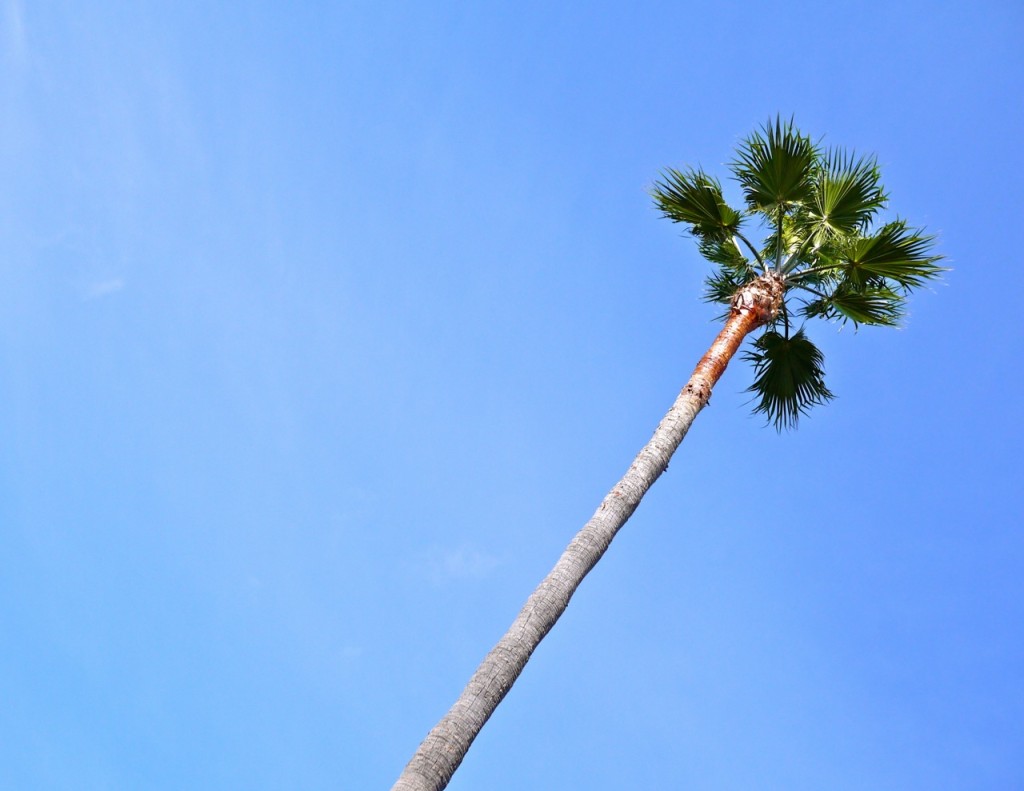
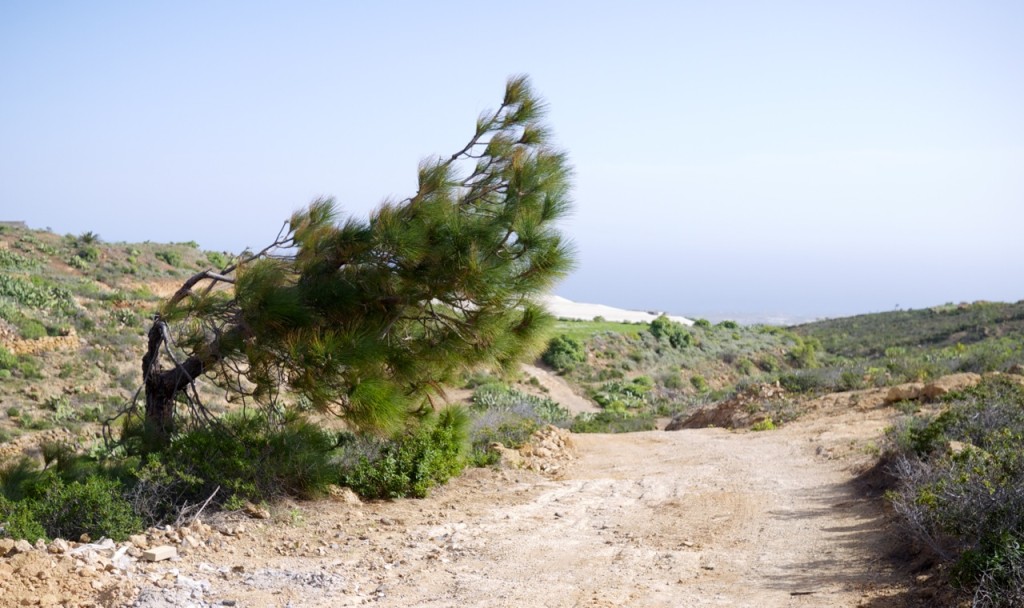
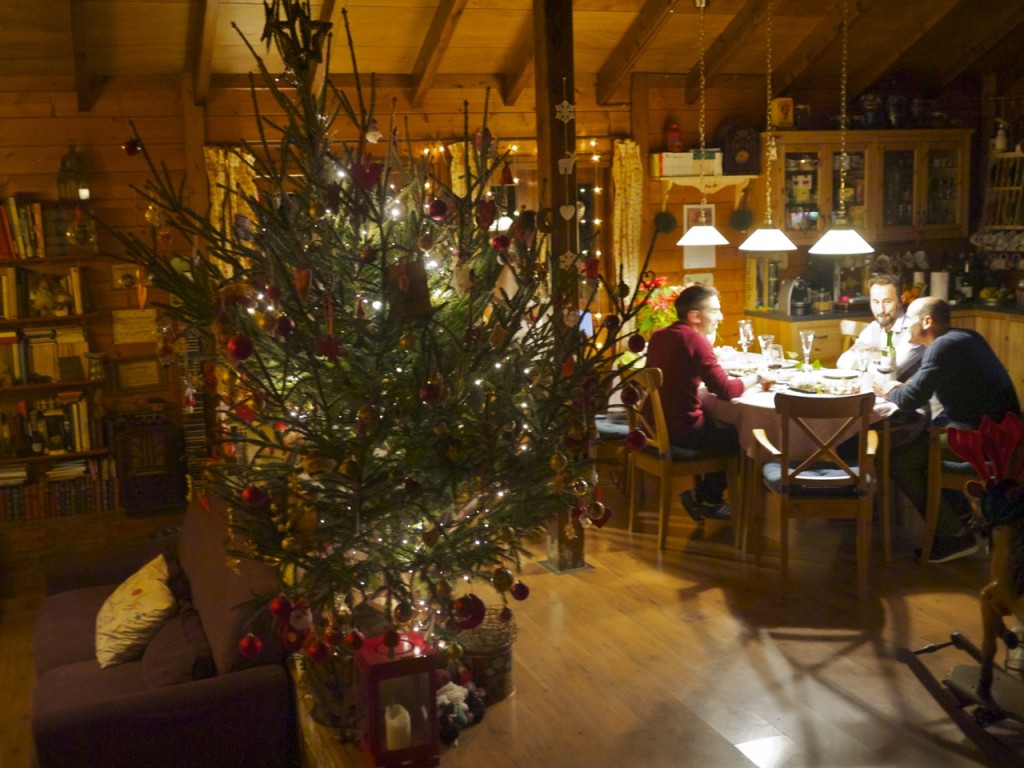

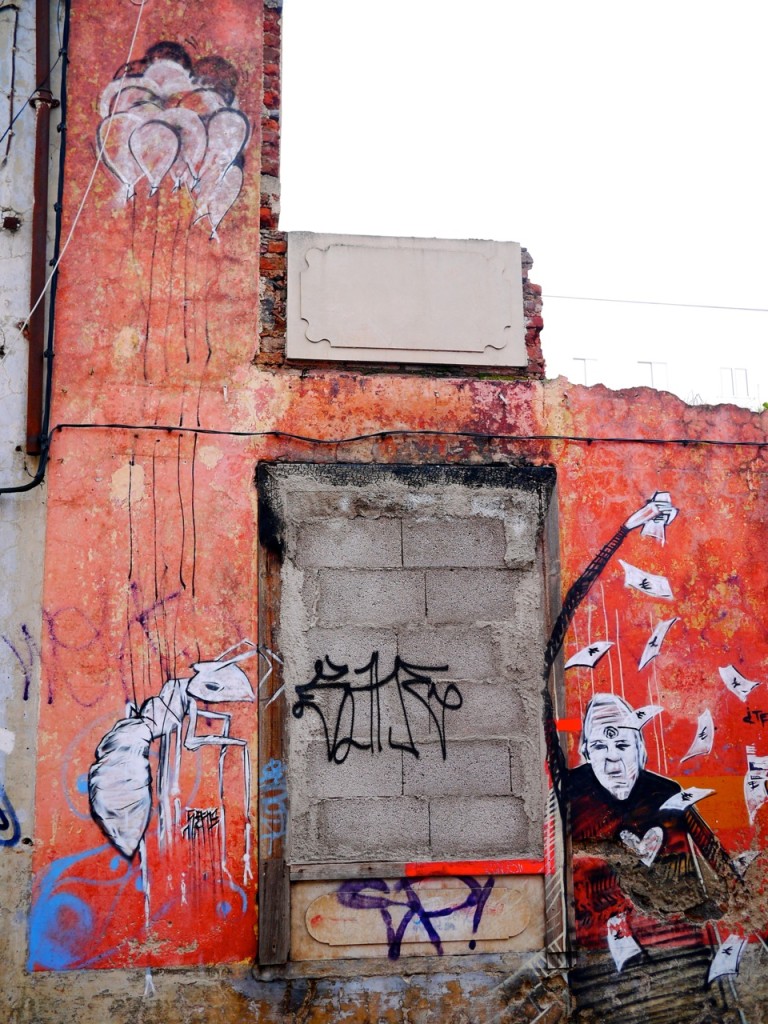
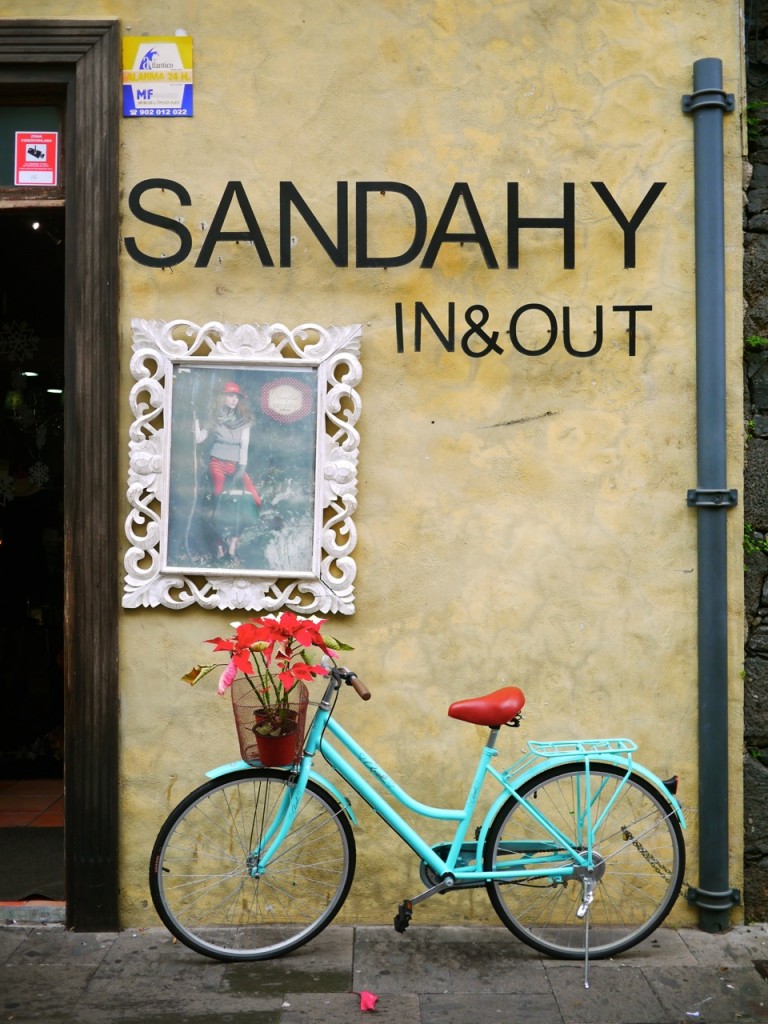
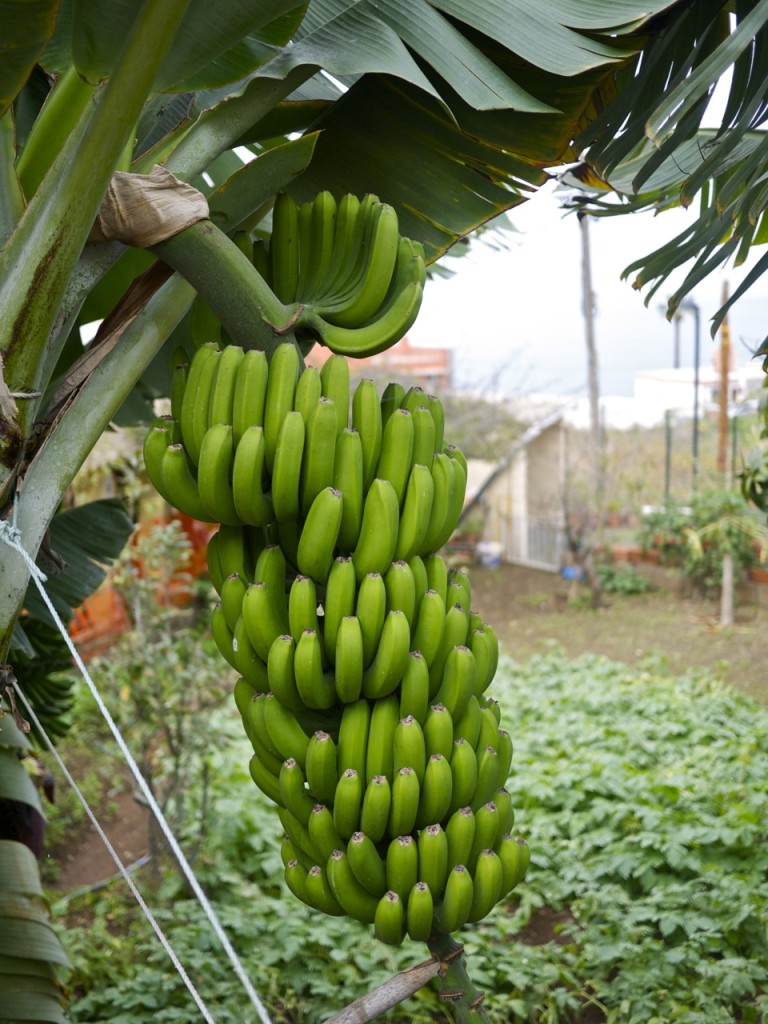
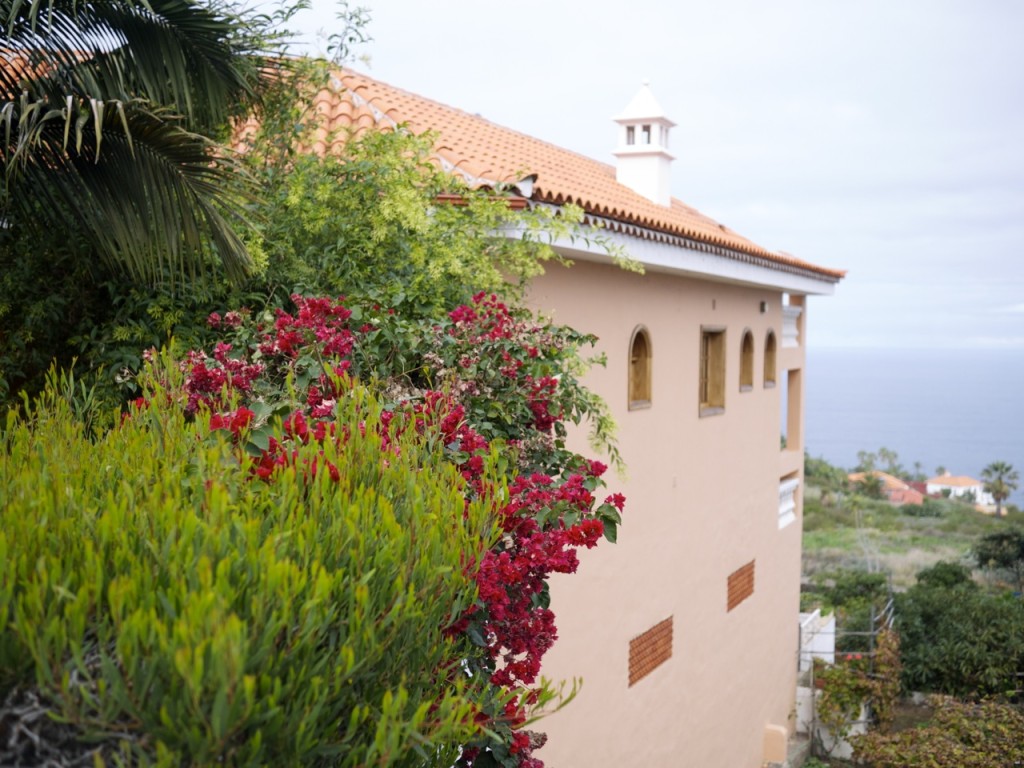
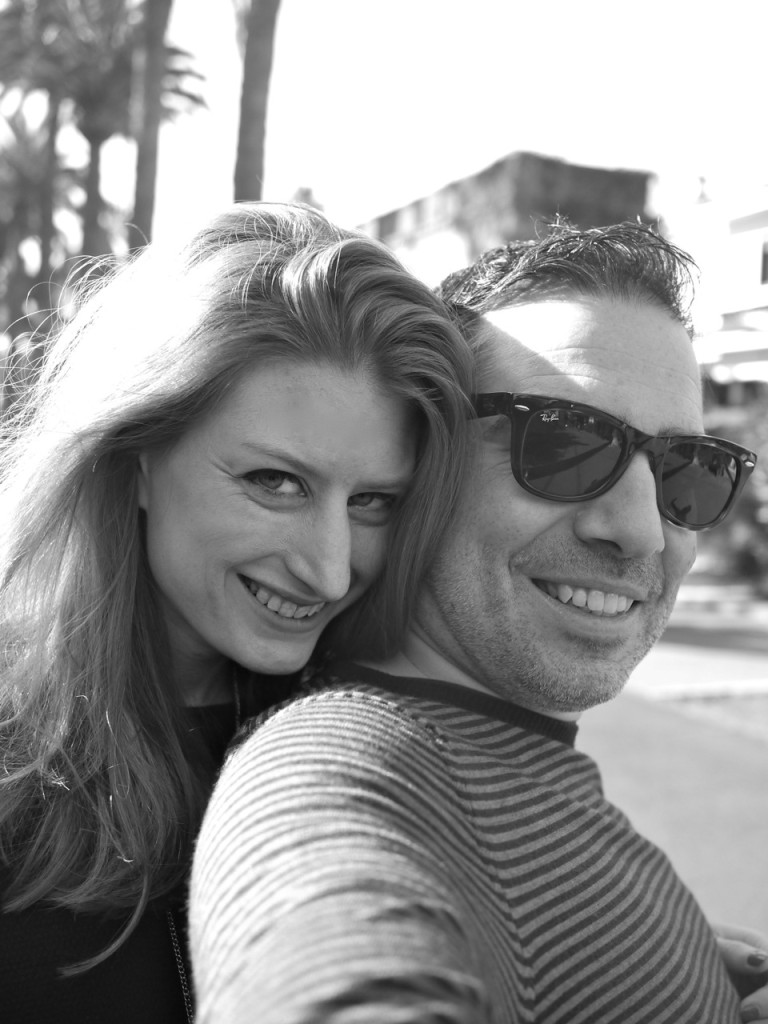
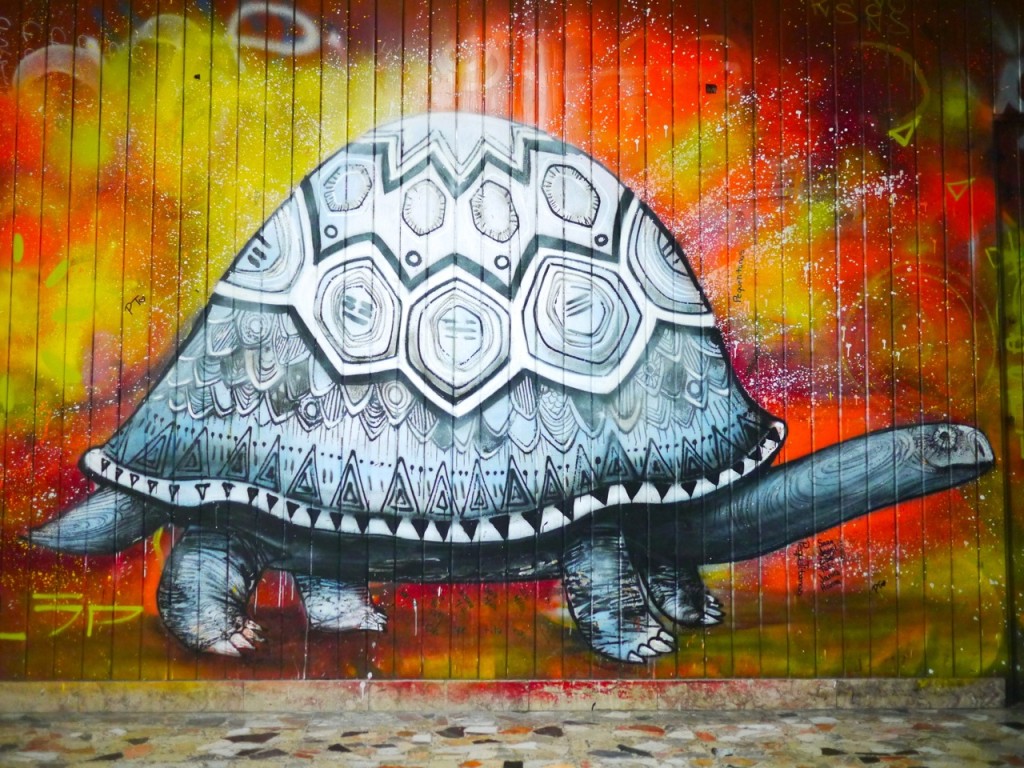
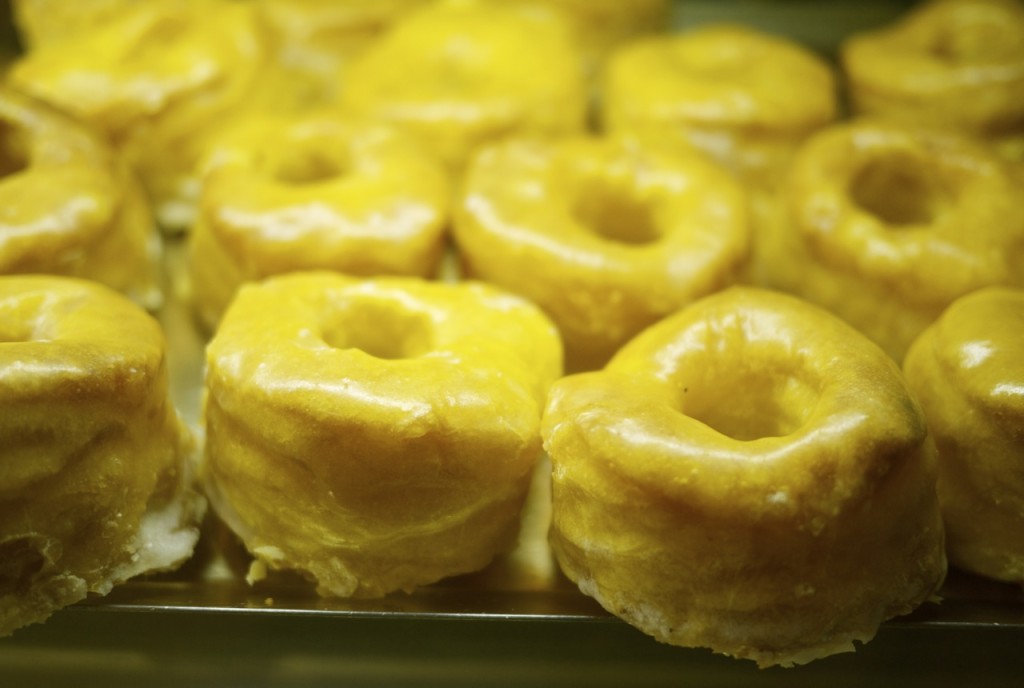
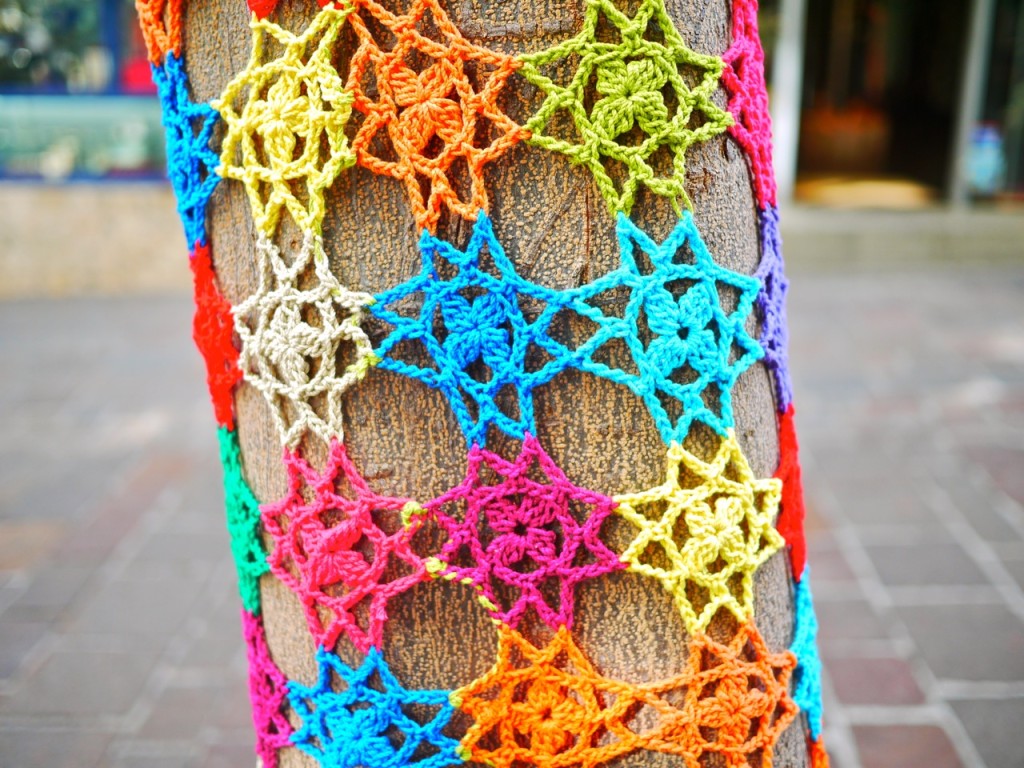
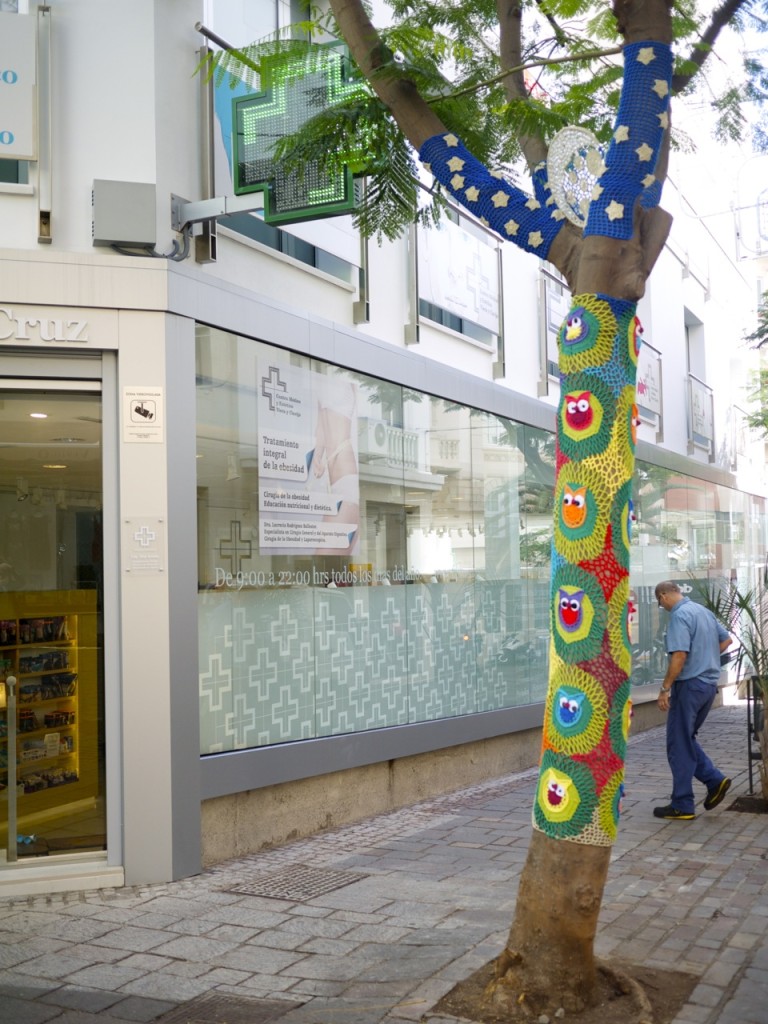
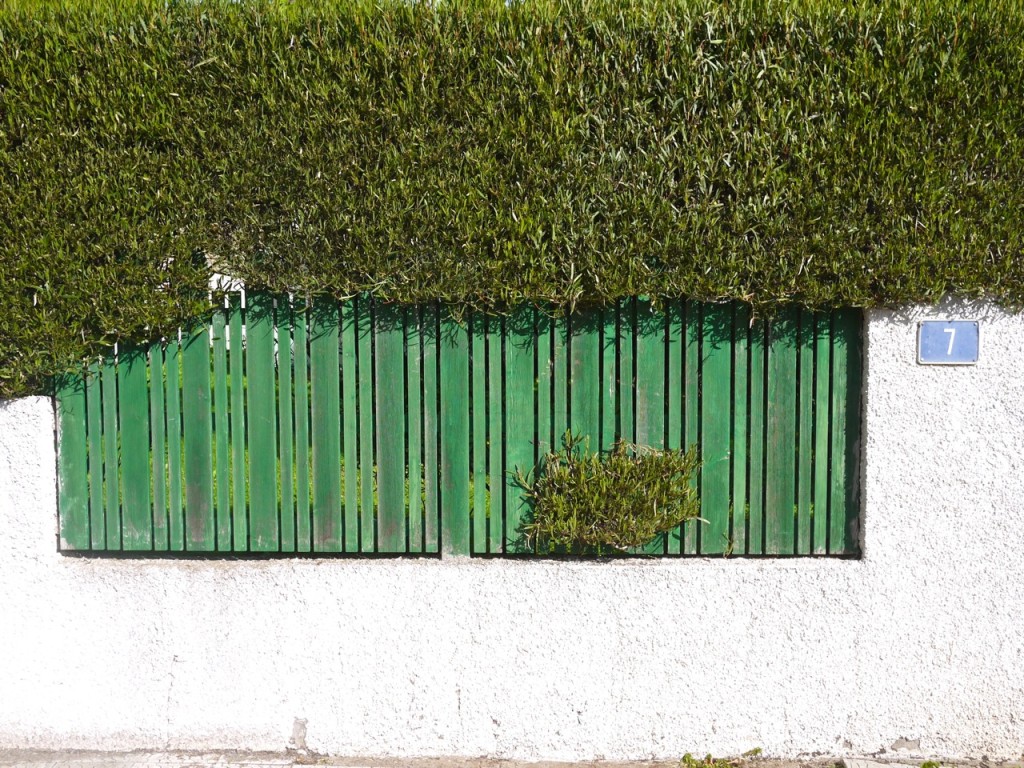
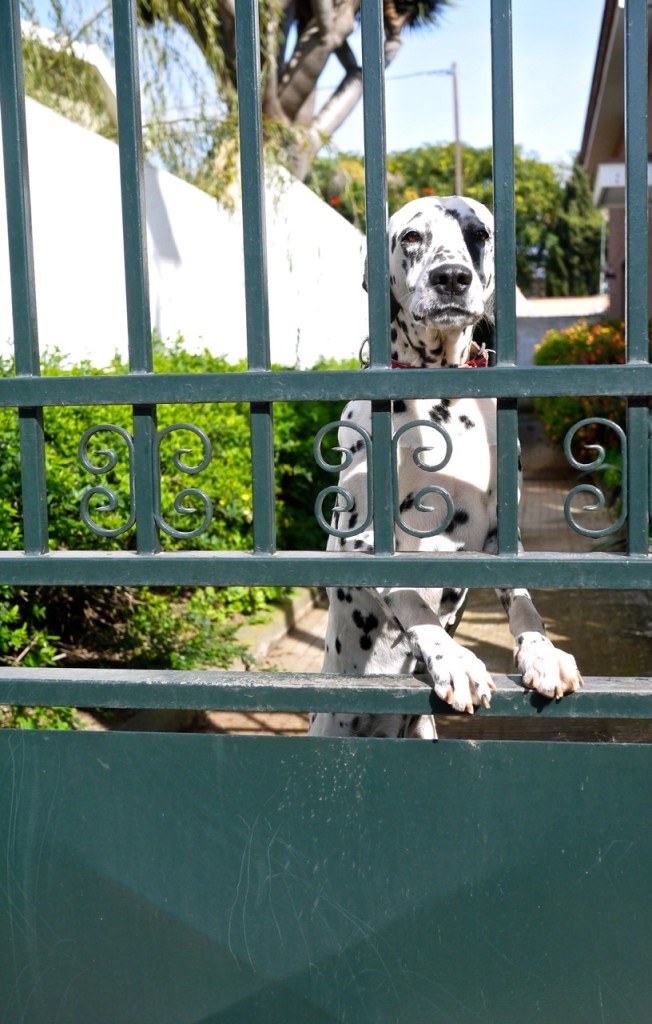
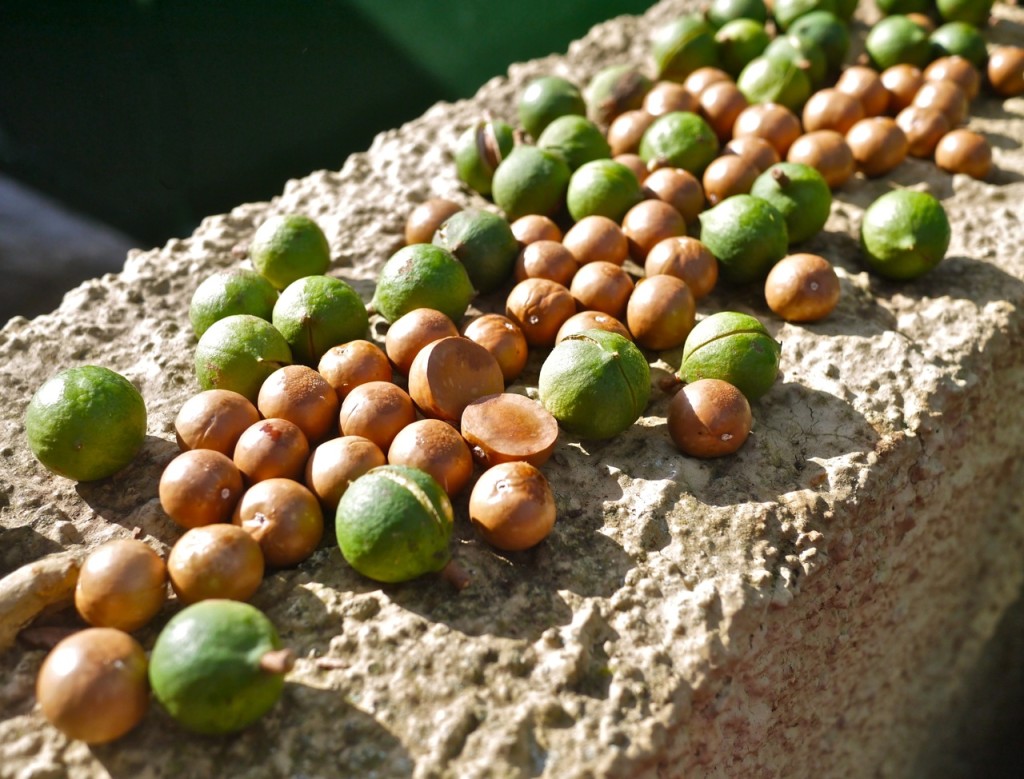
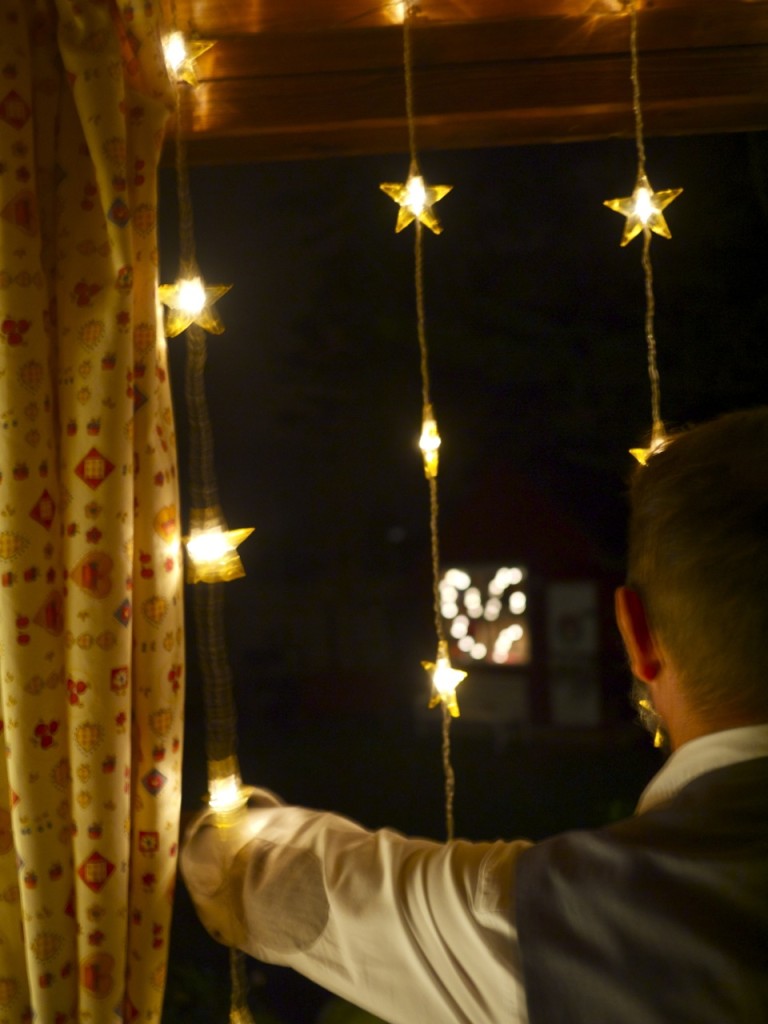
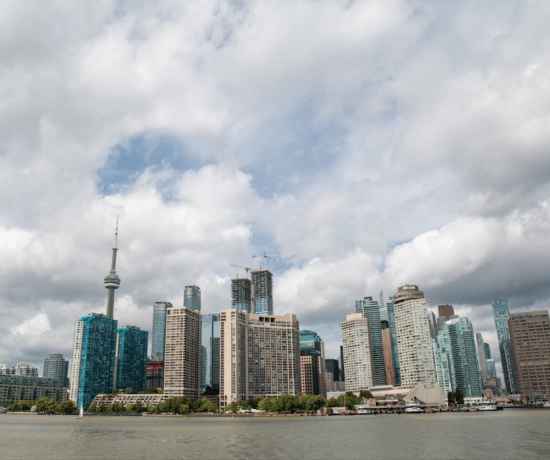

1 Comment
The North of Tenerife: From Garachico to La Laguna - Little Observationist
February 4, 2017 at 5:02 pm[…] Tied to Tenerife […]